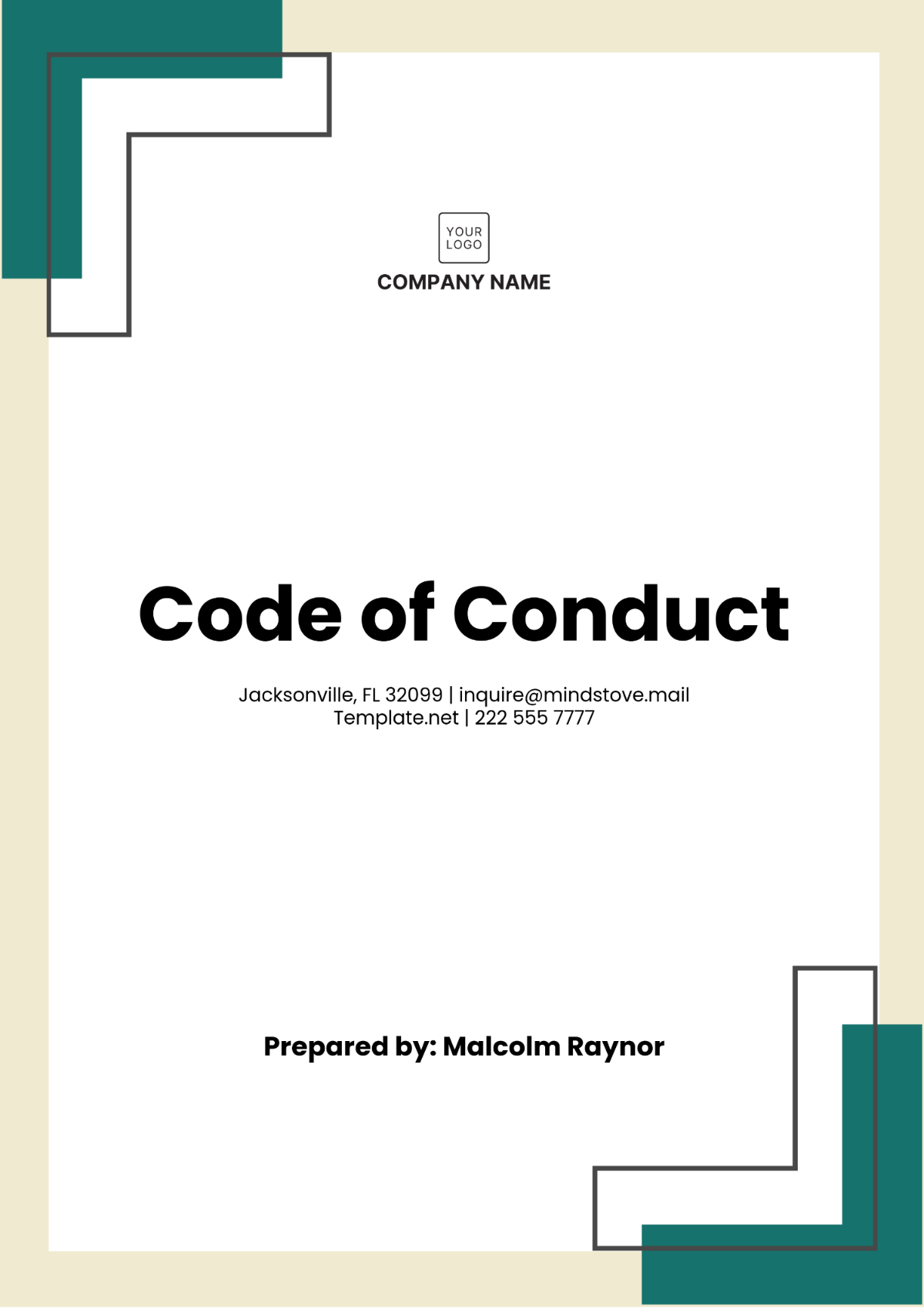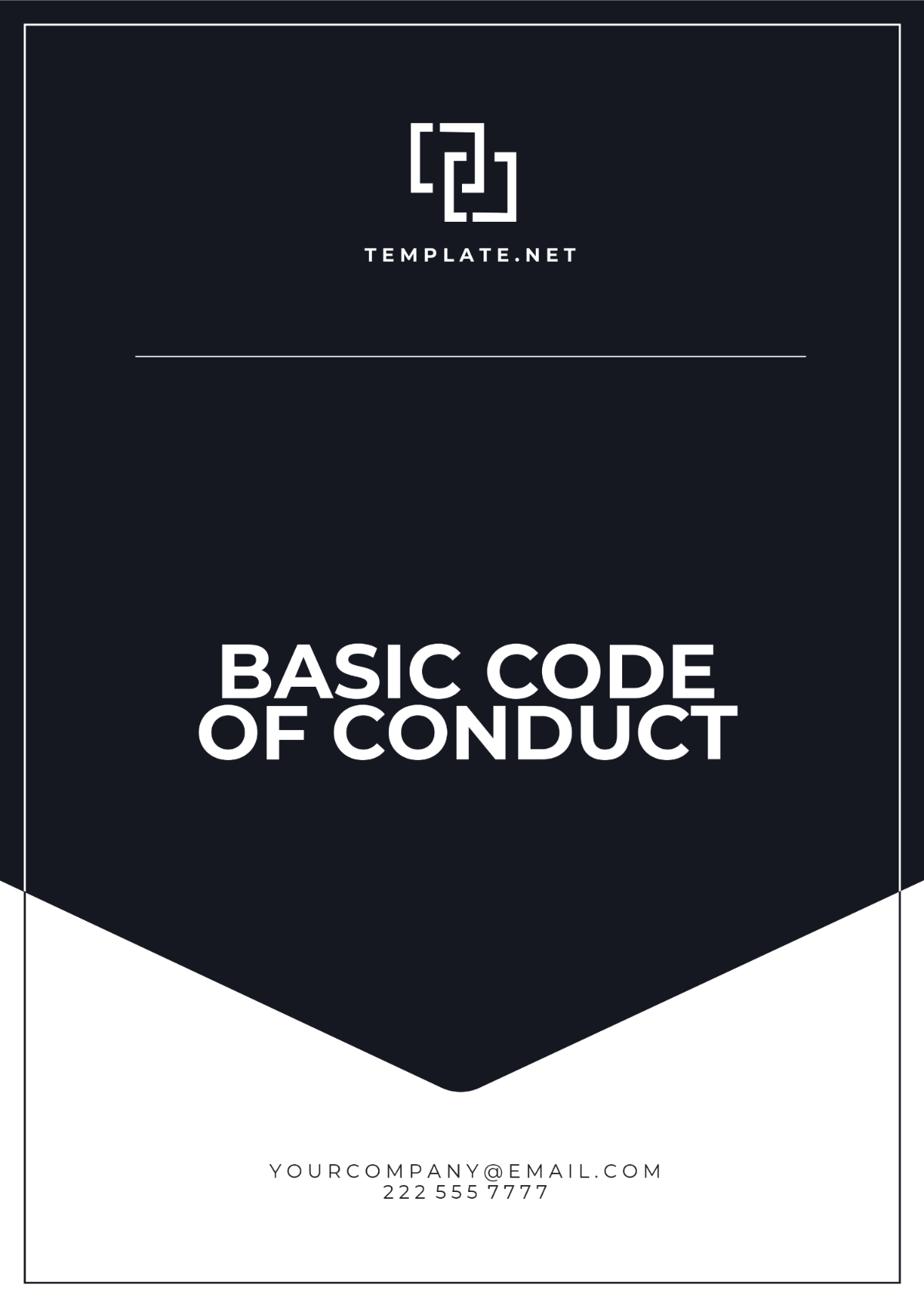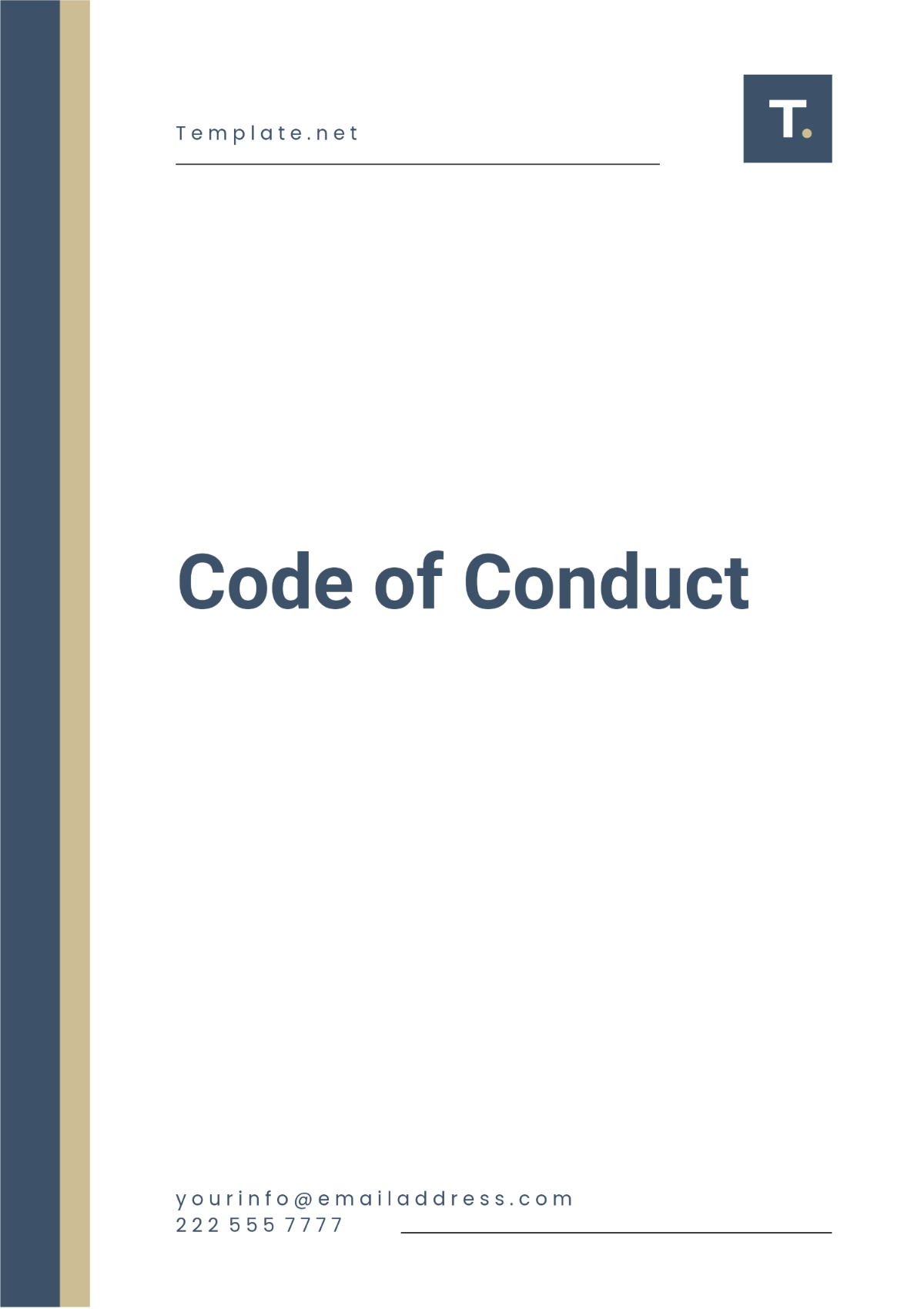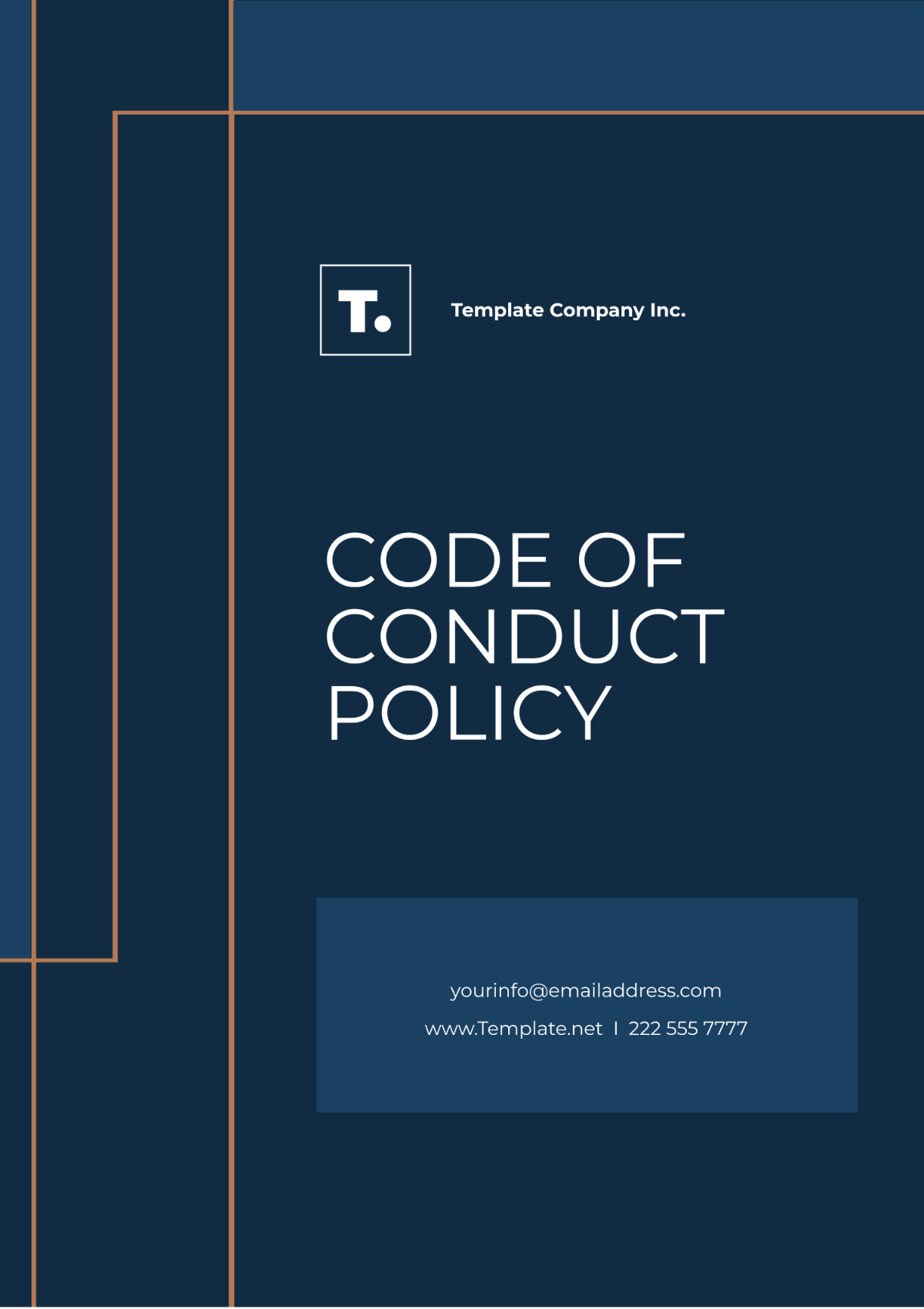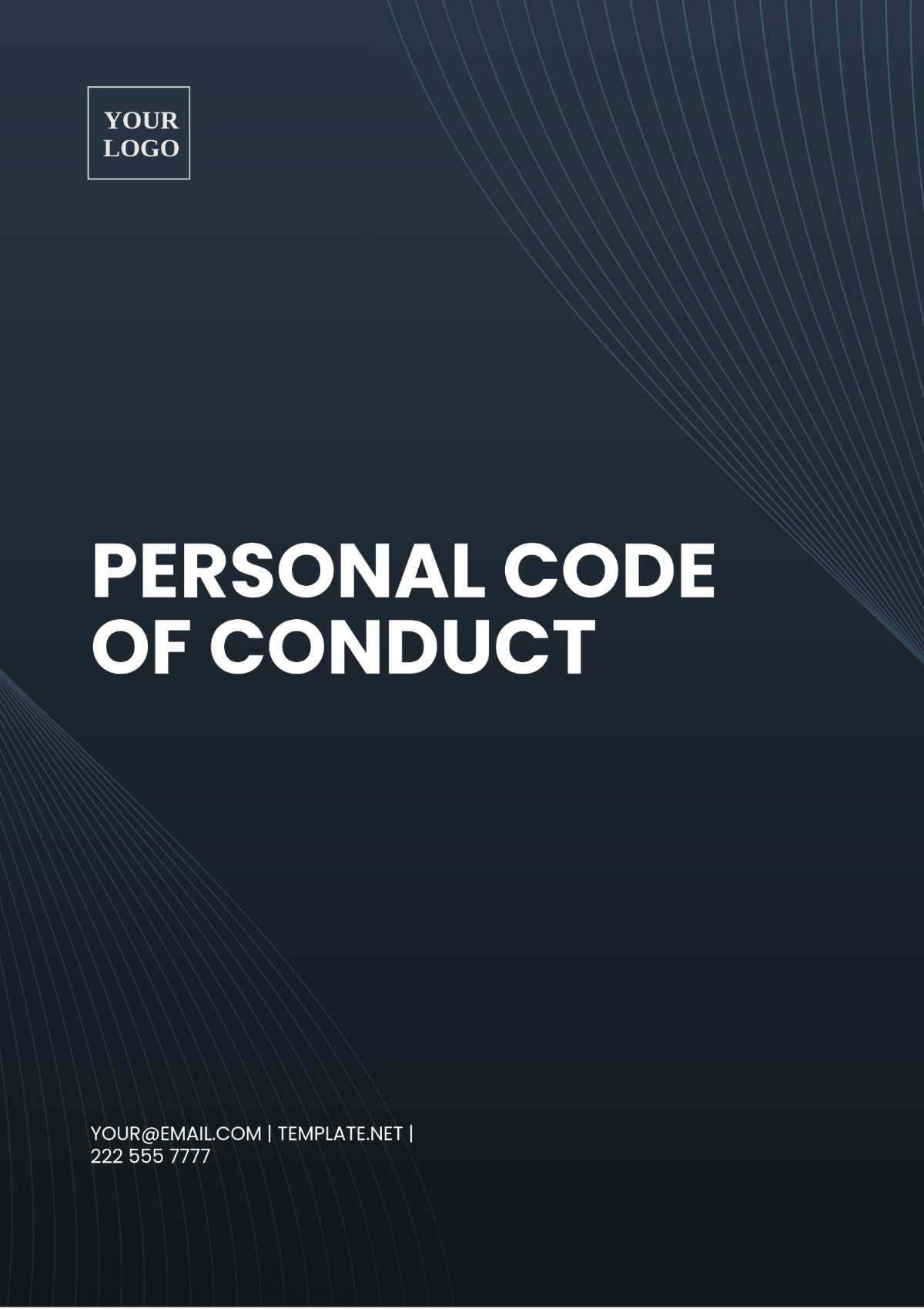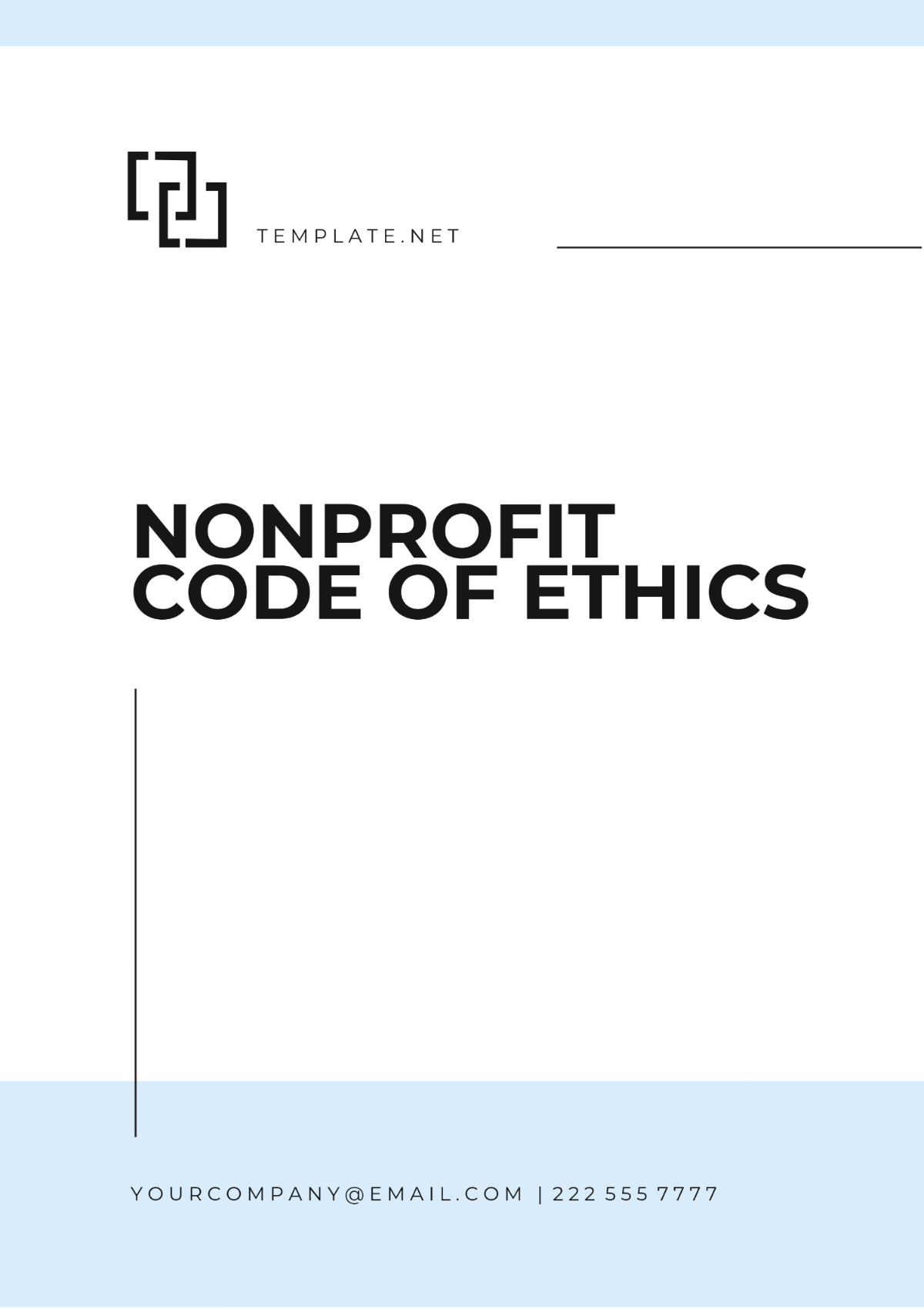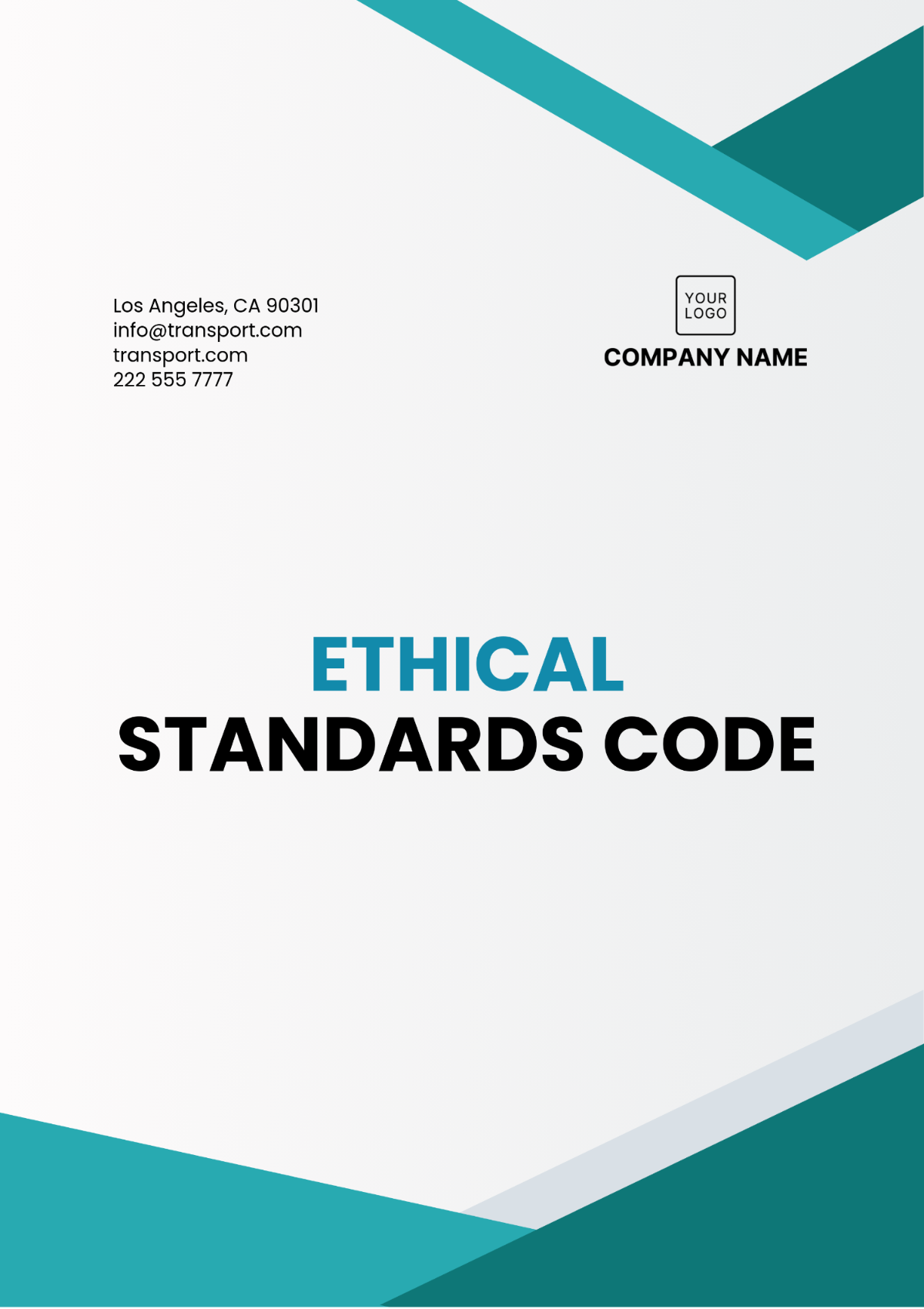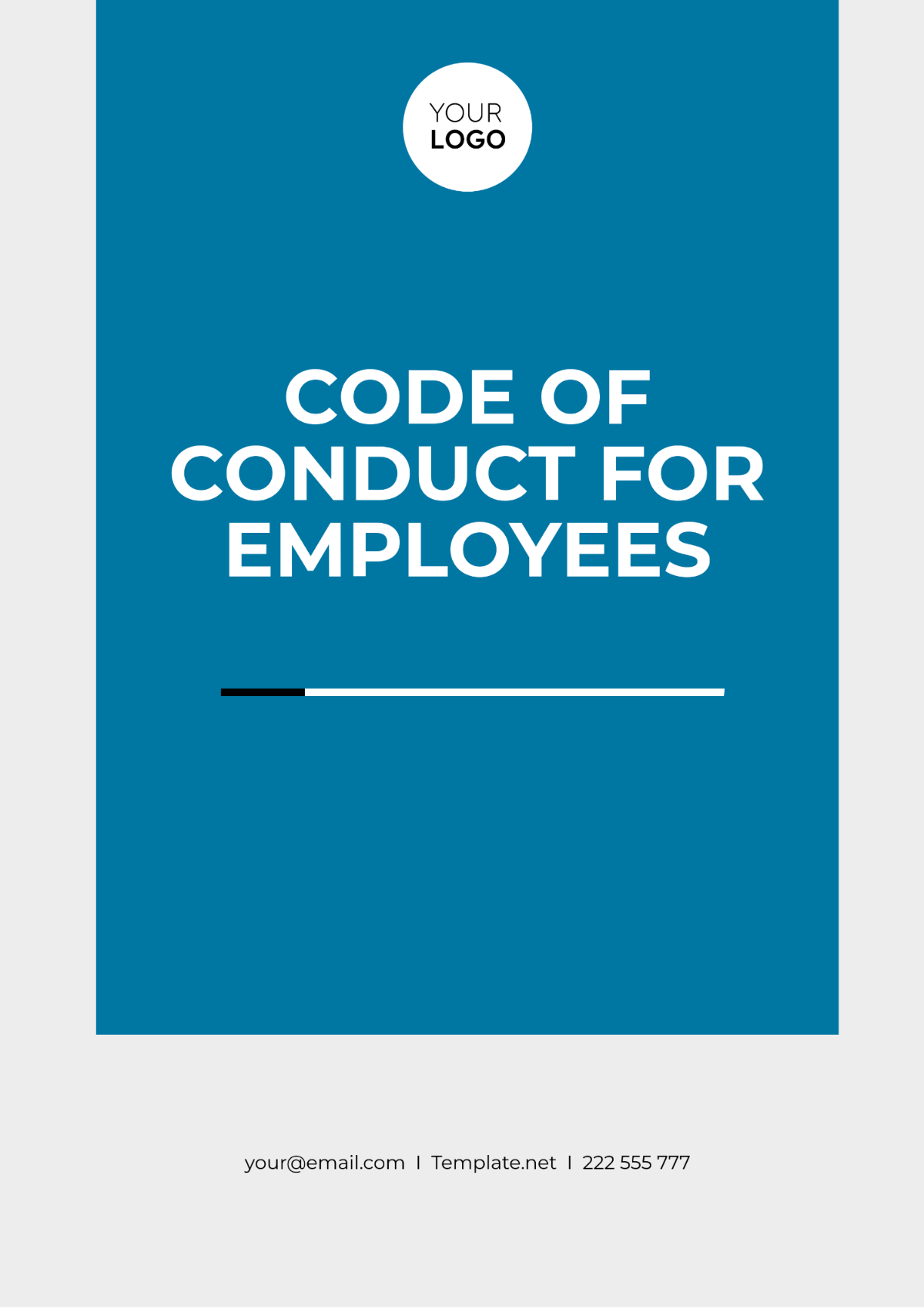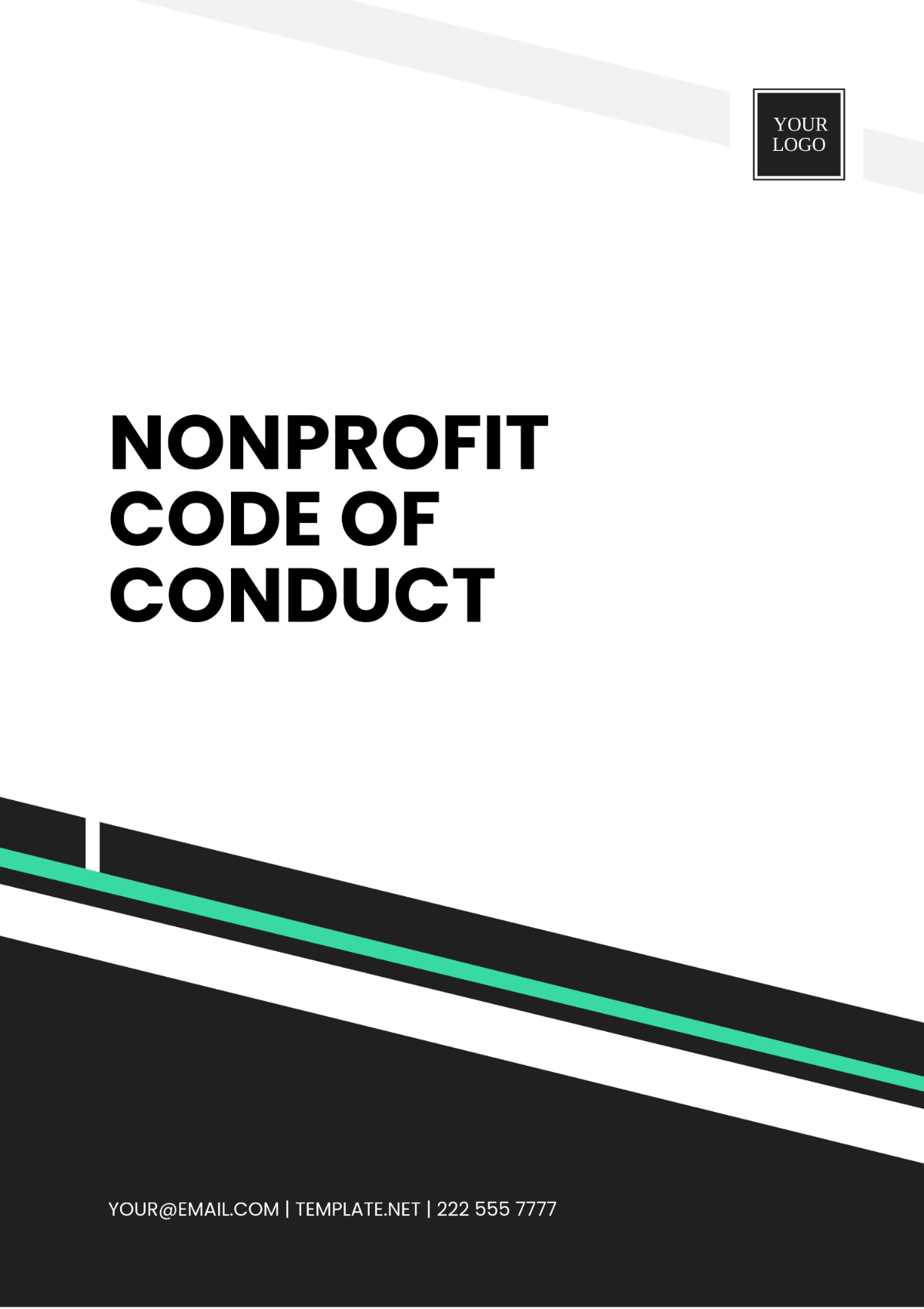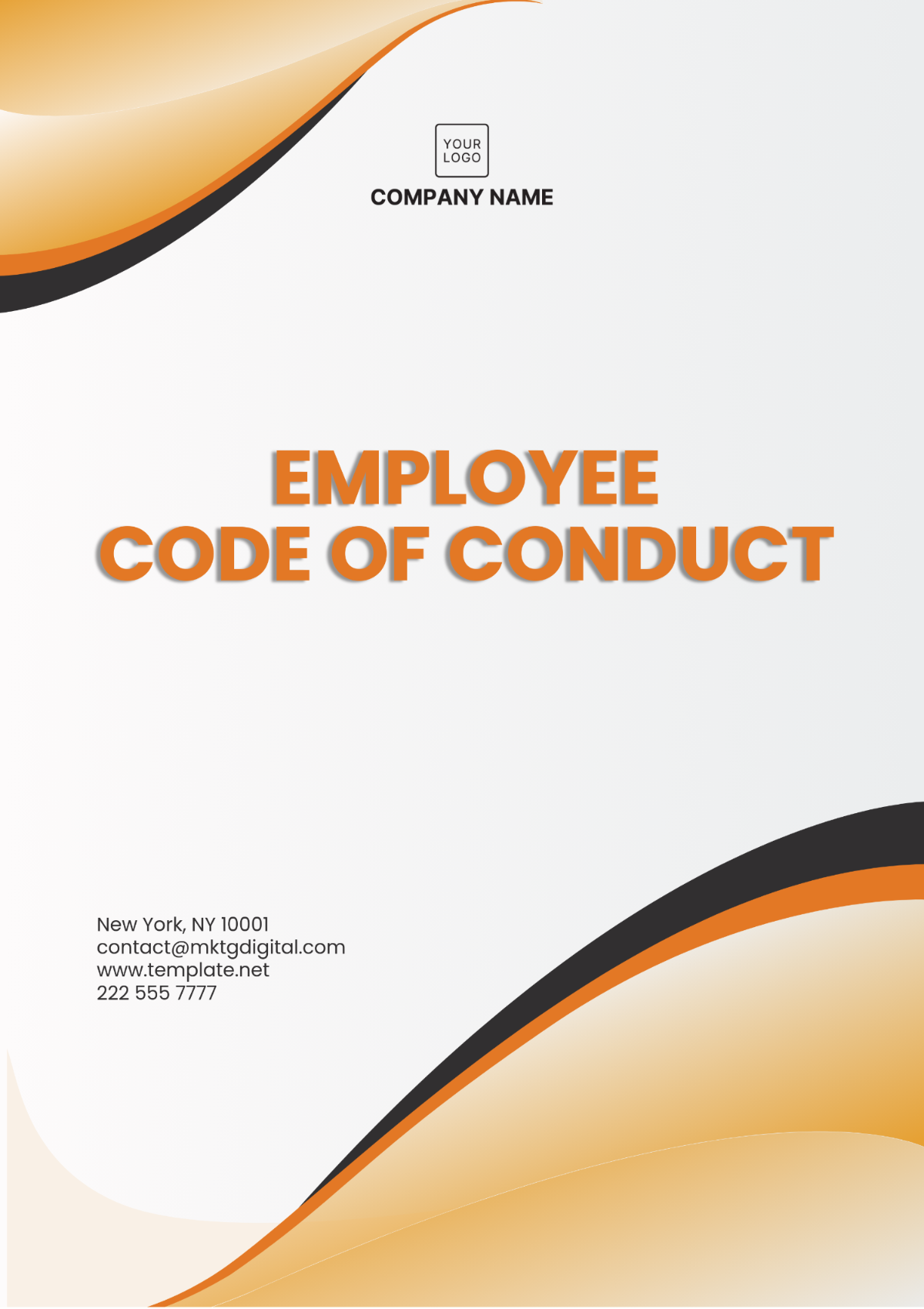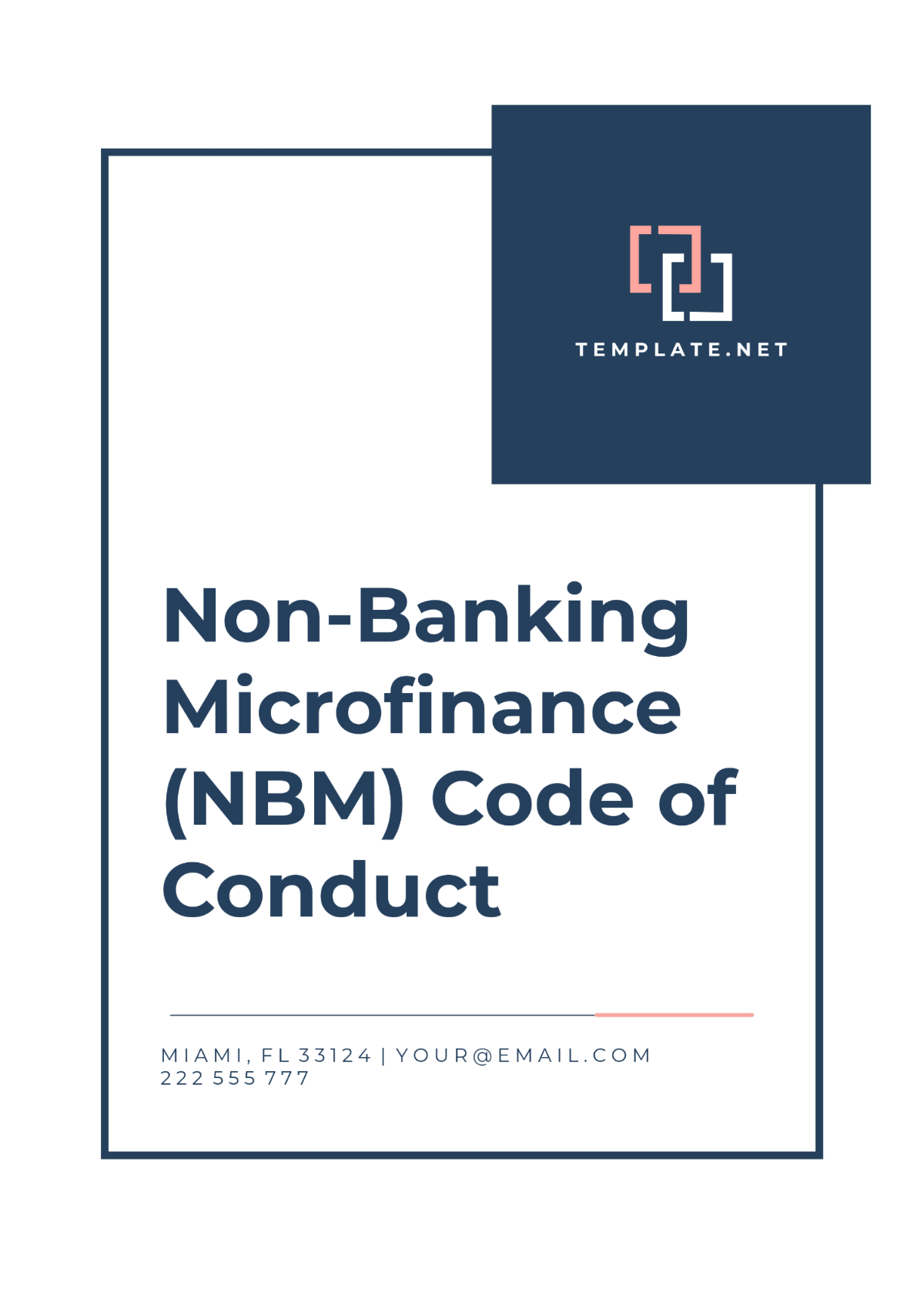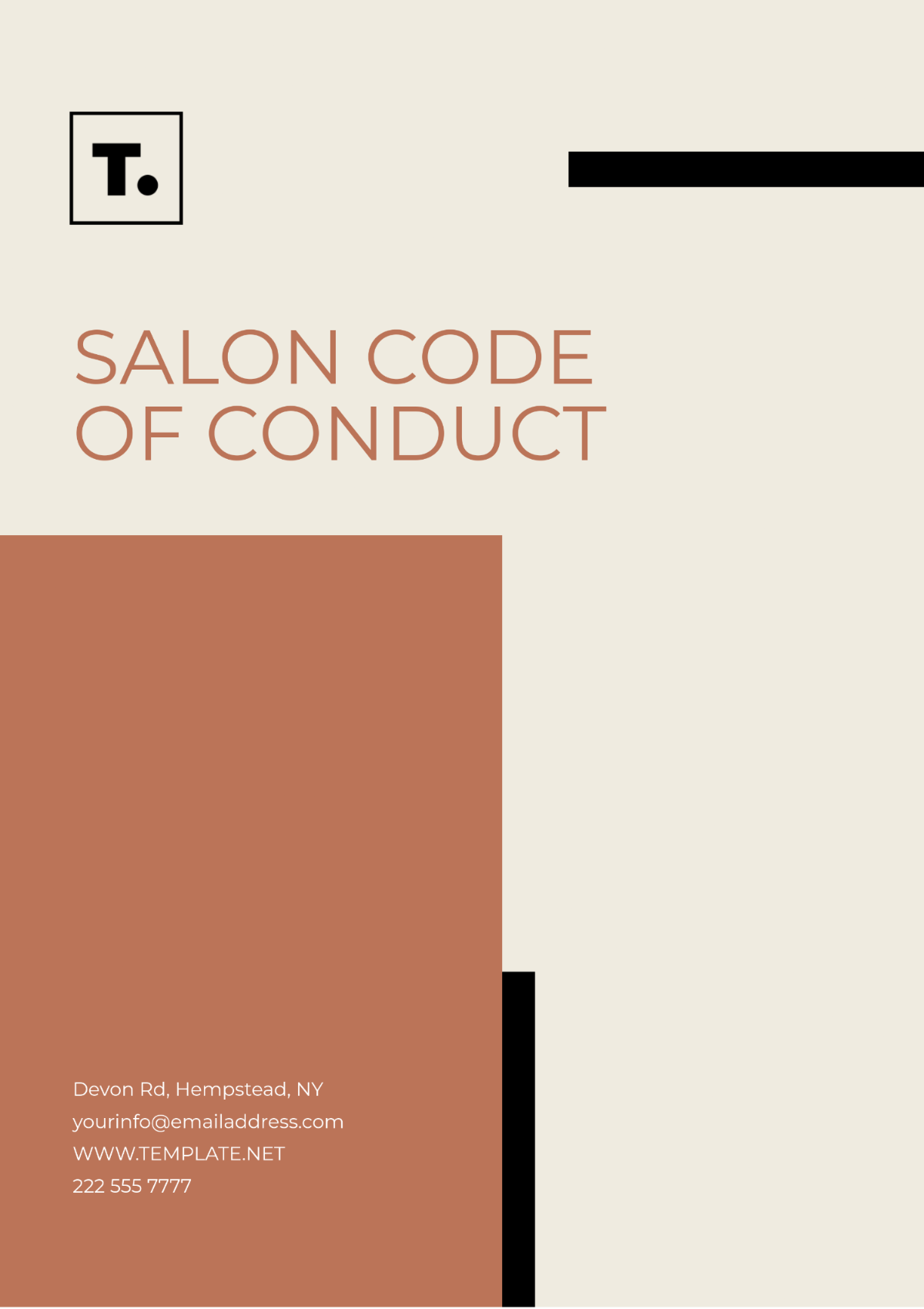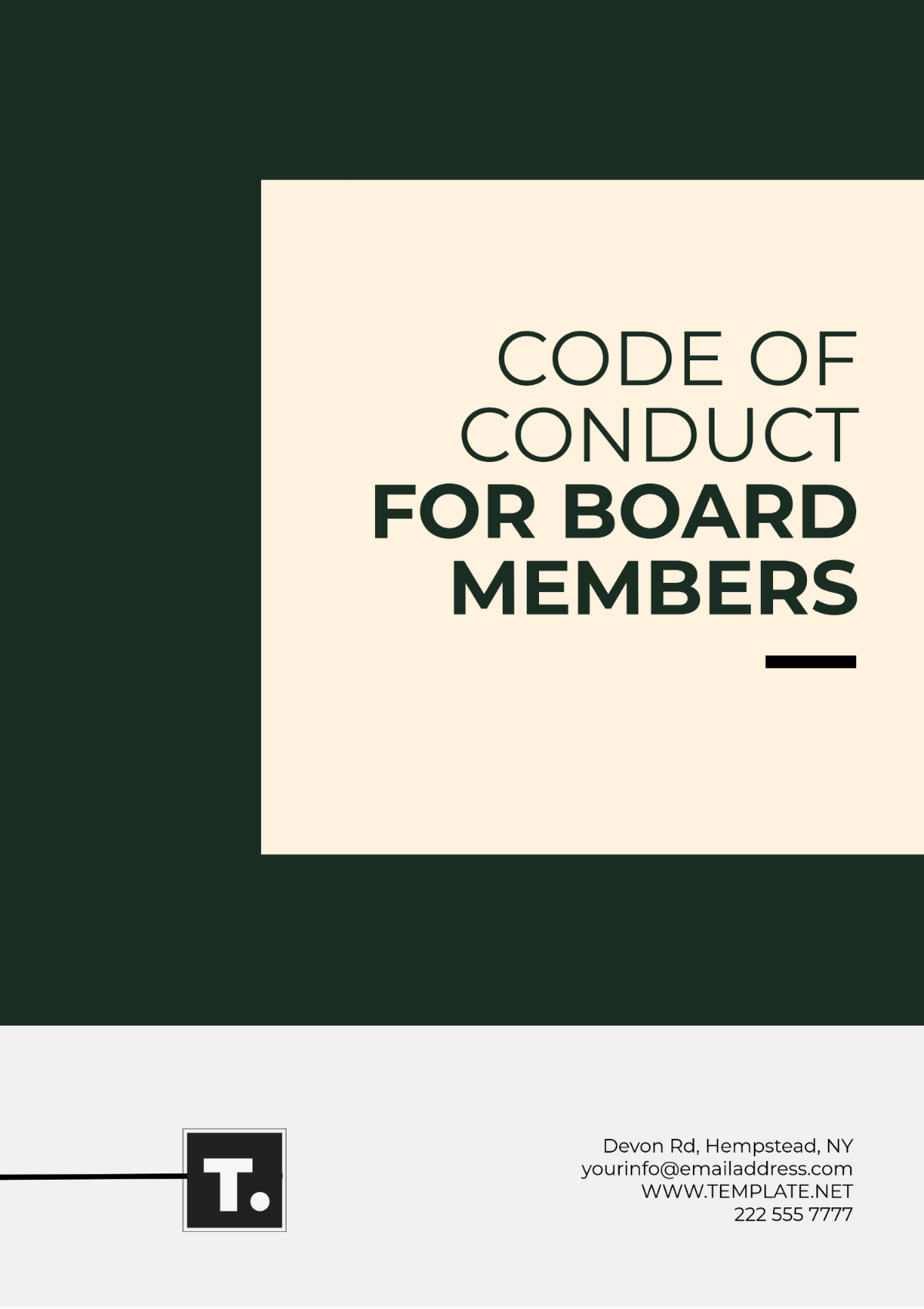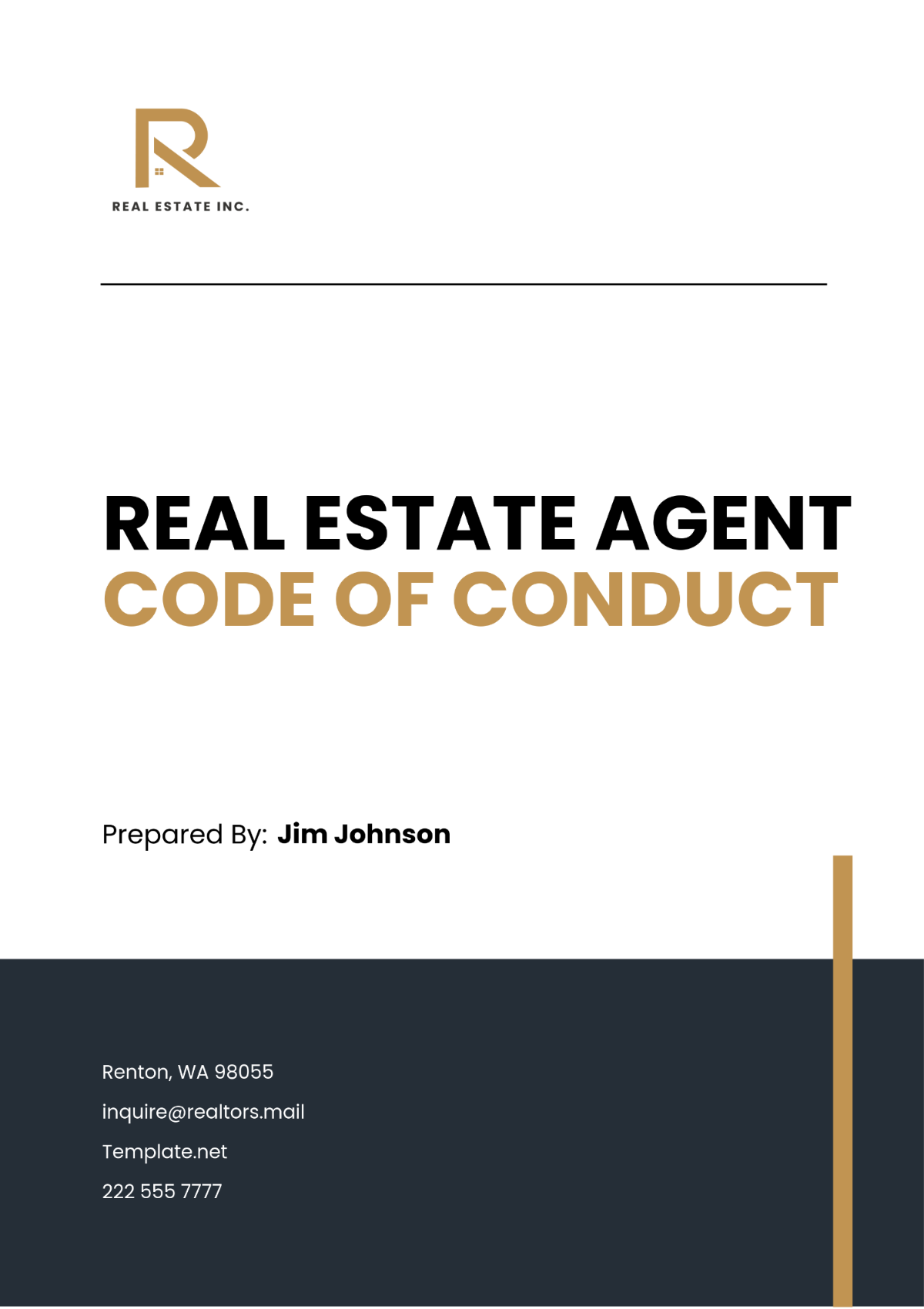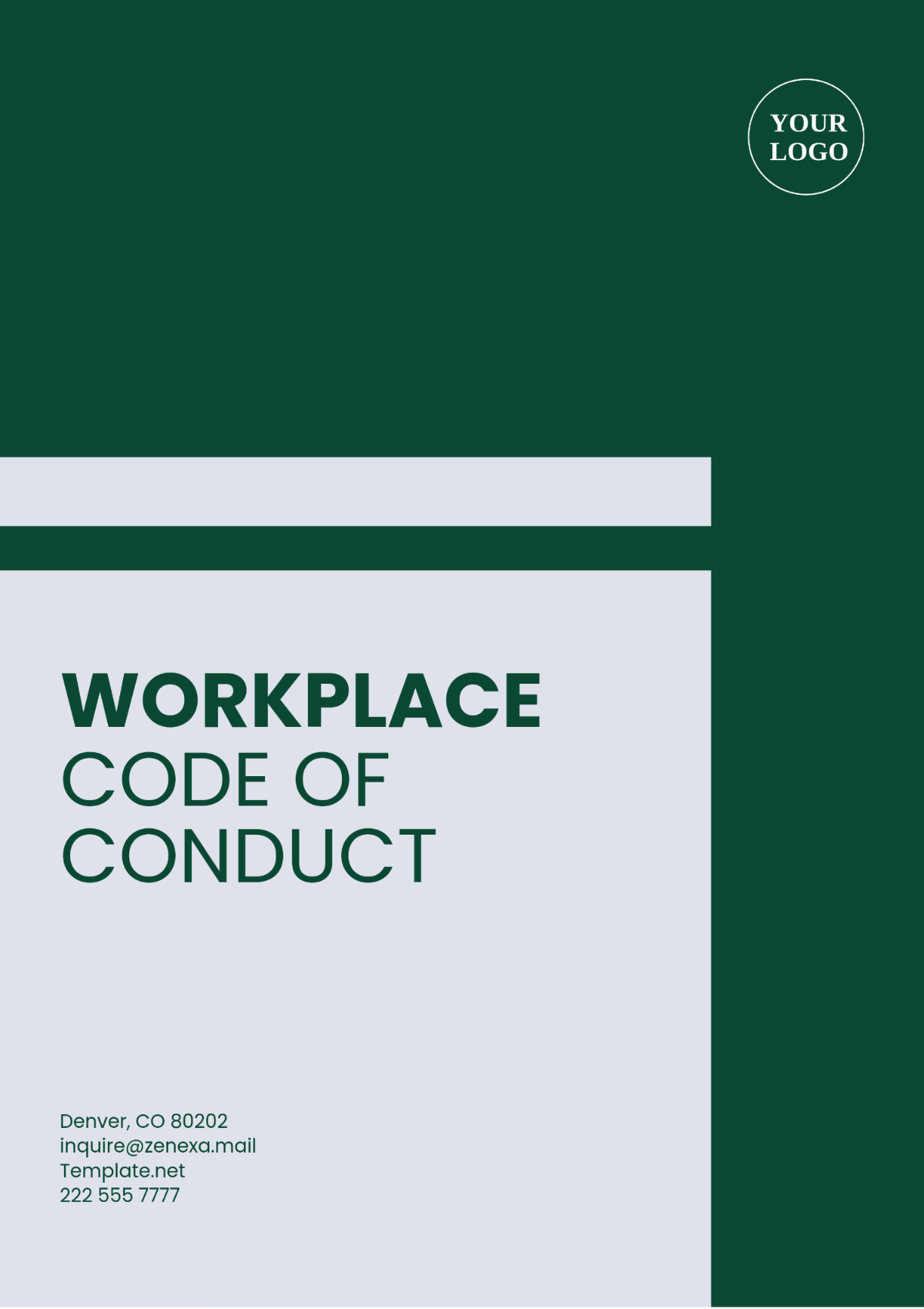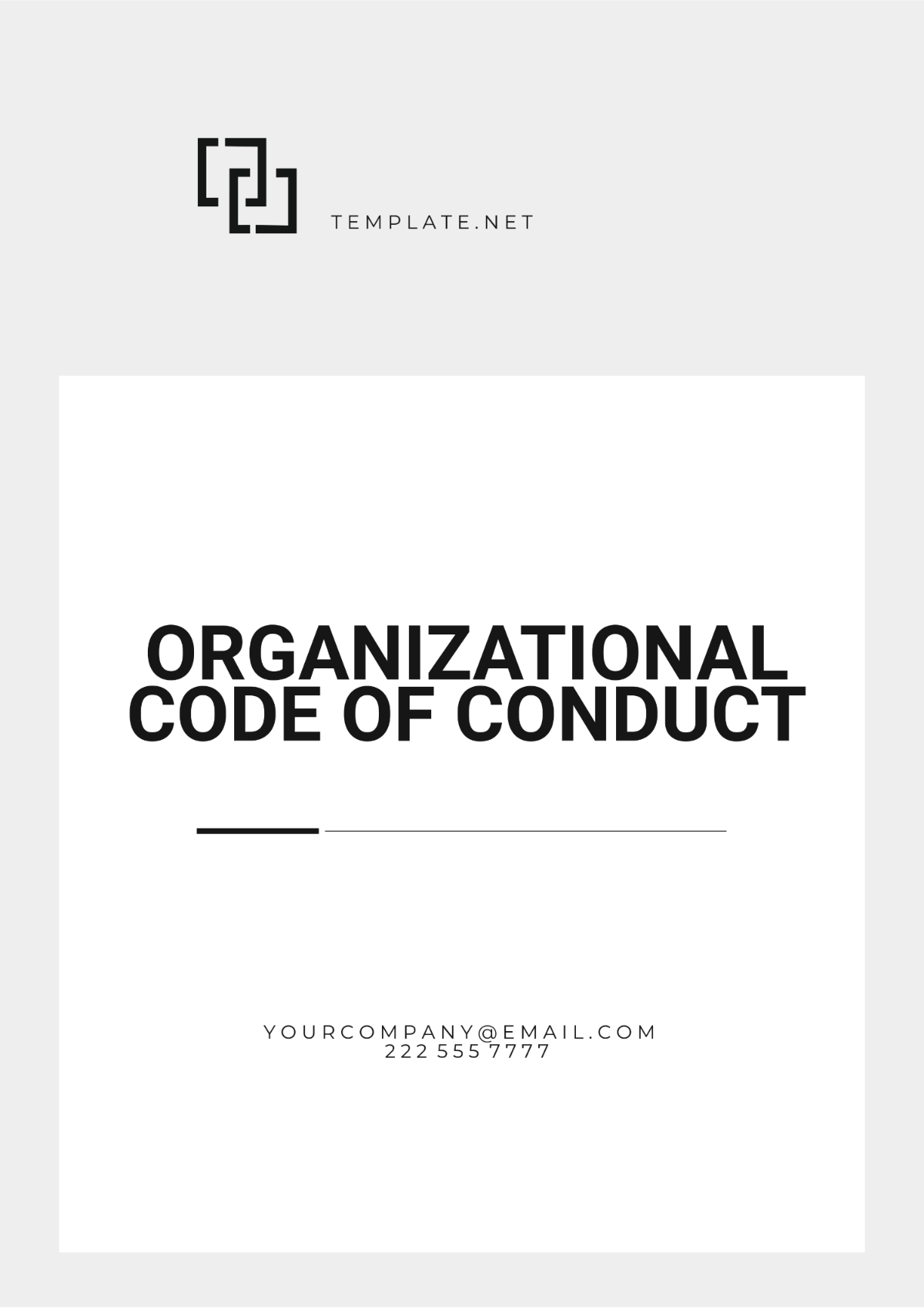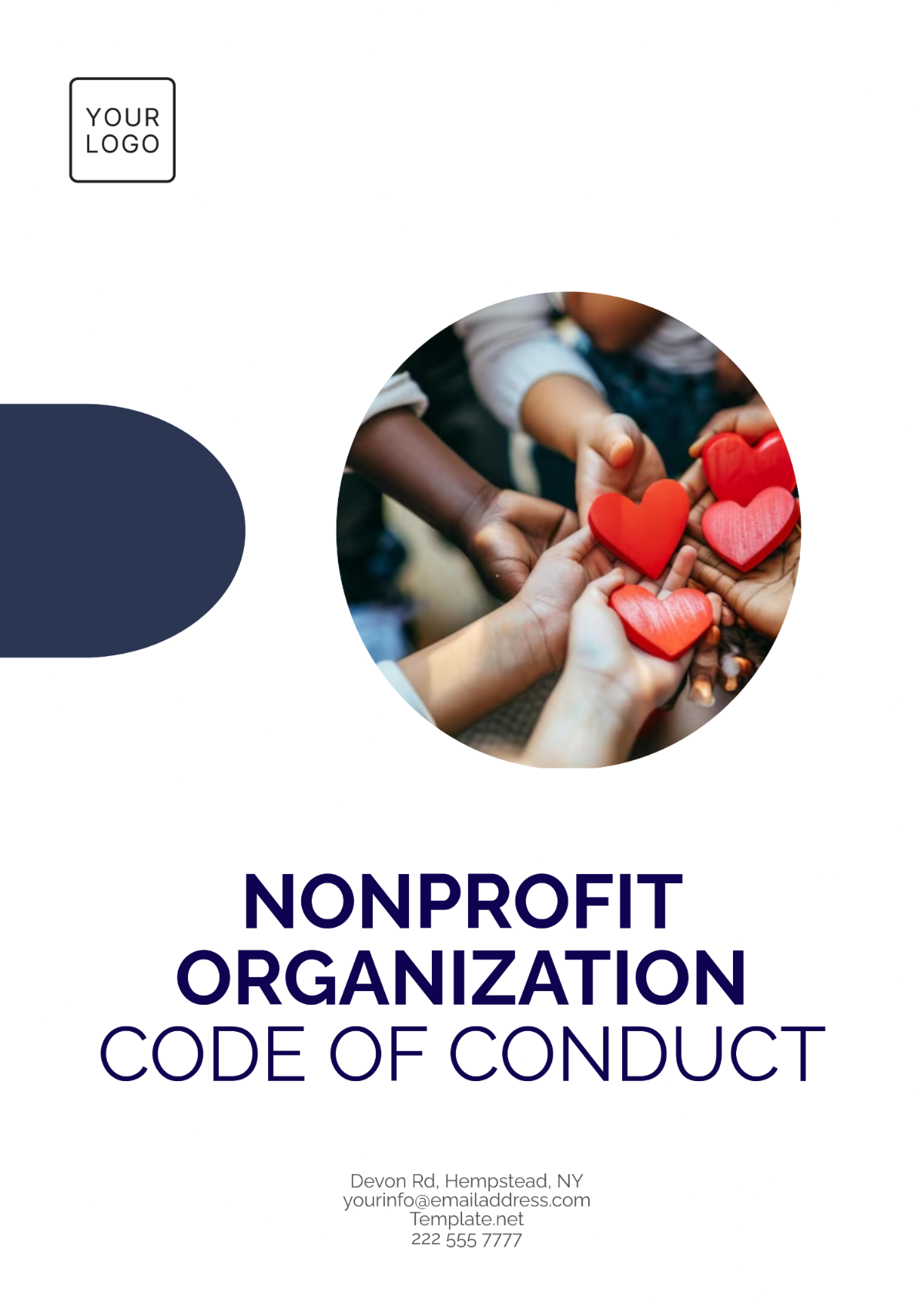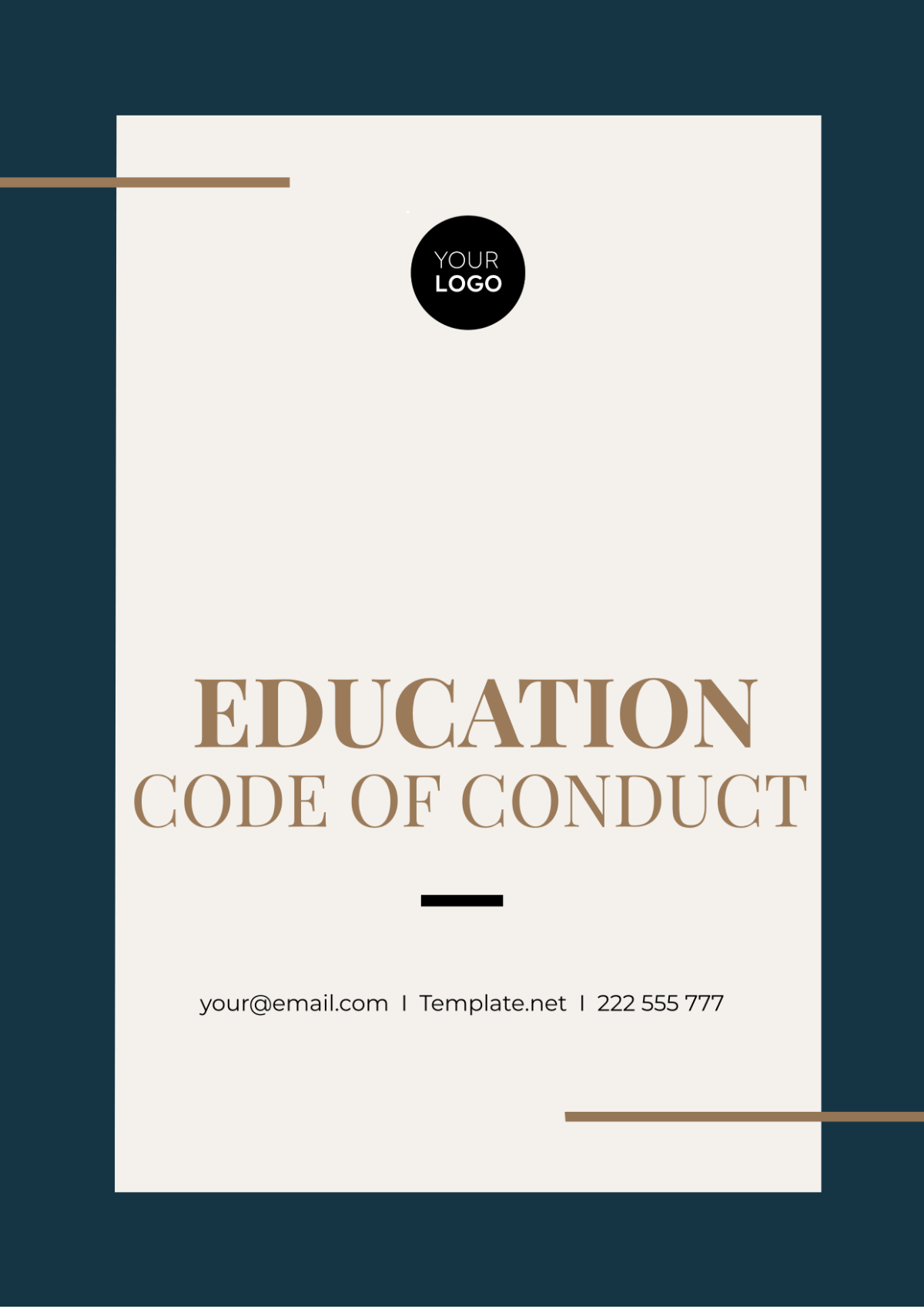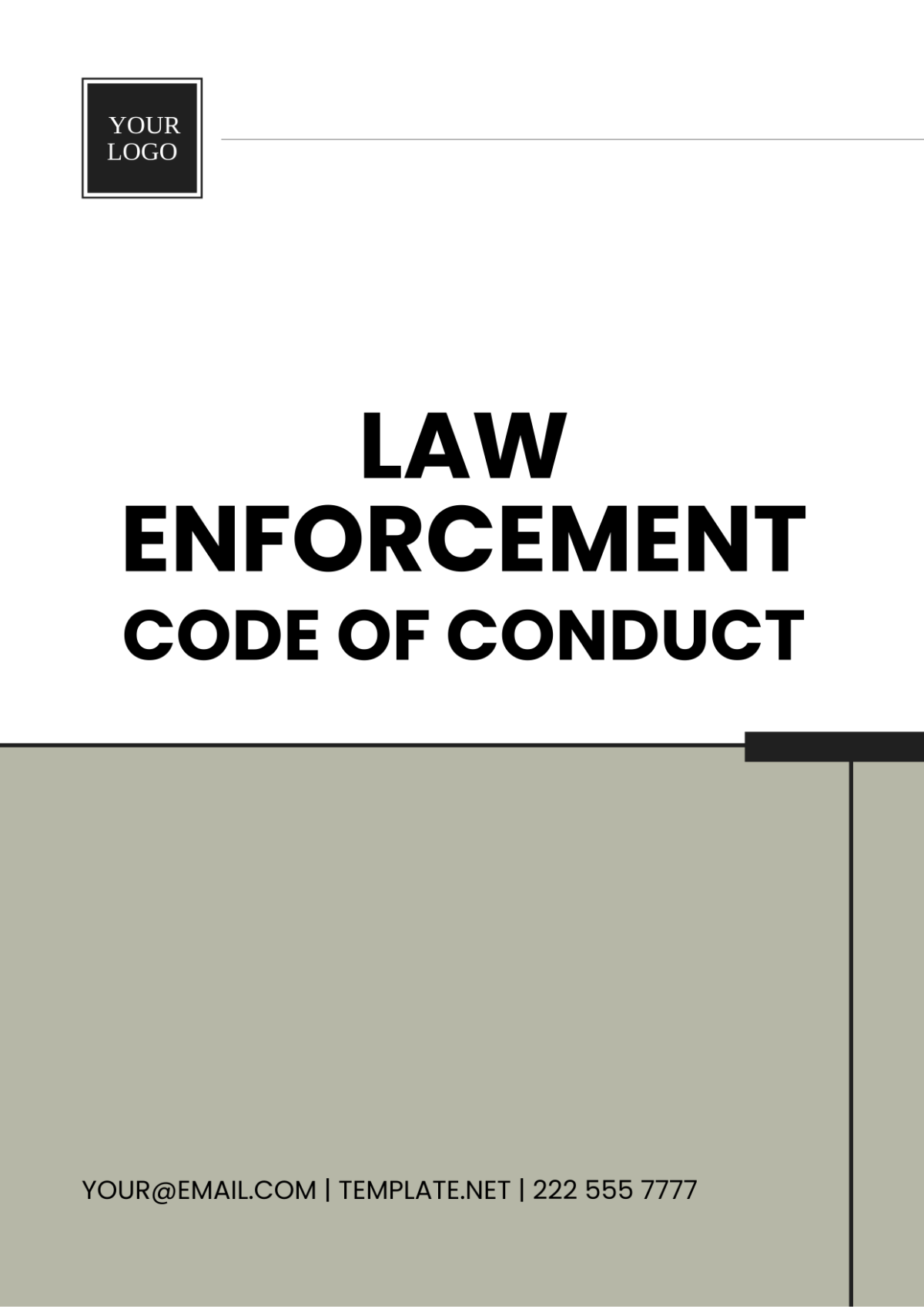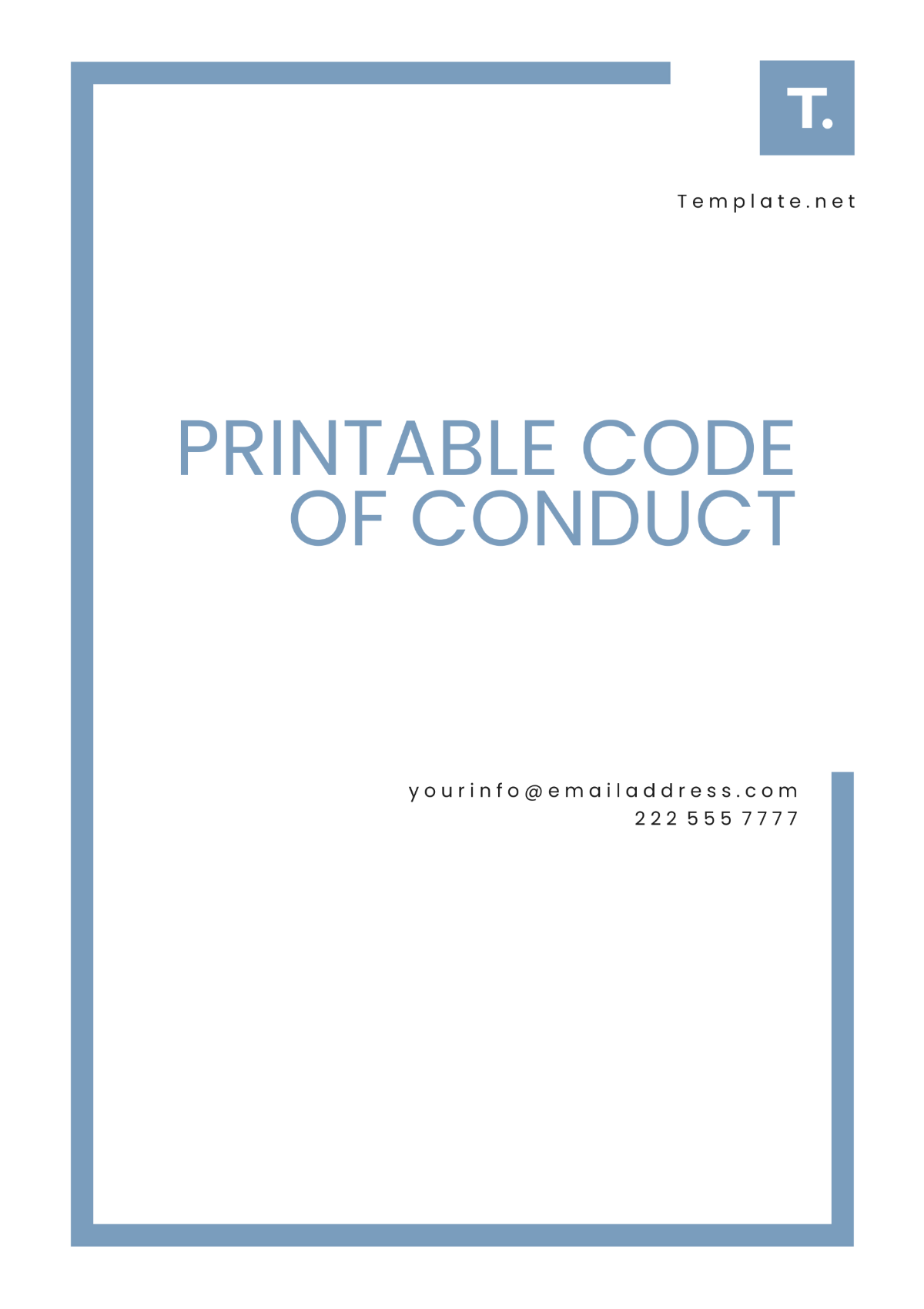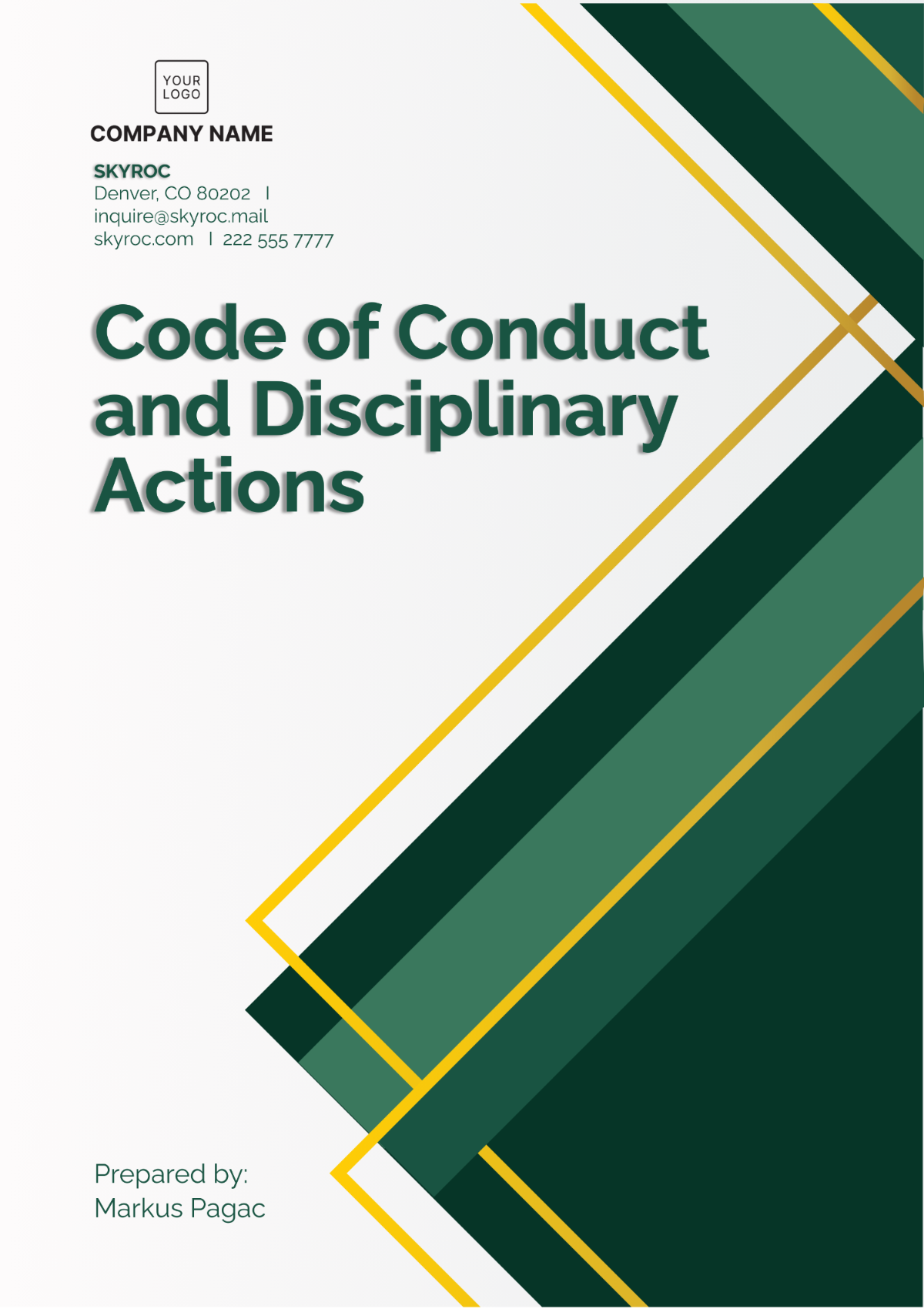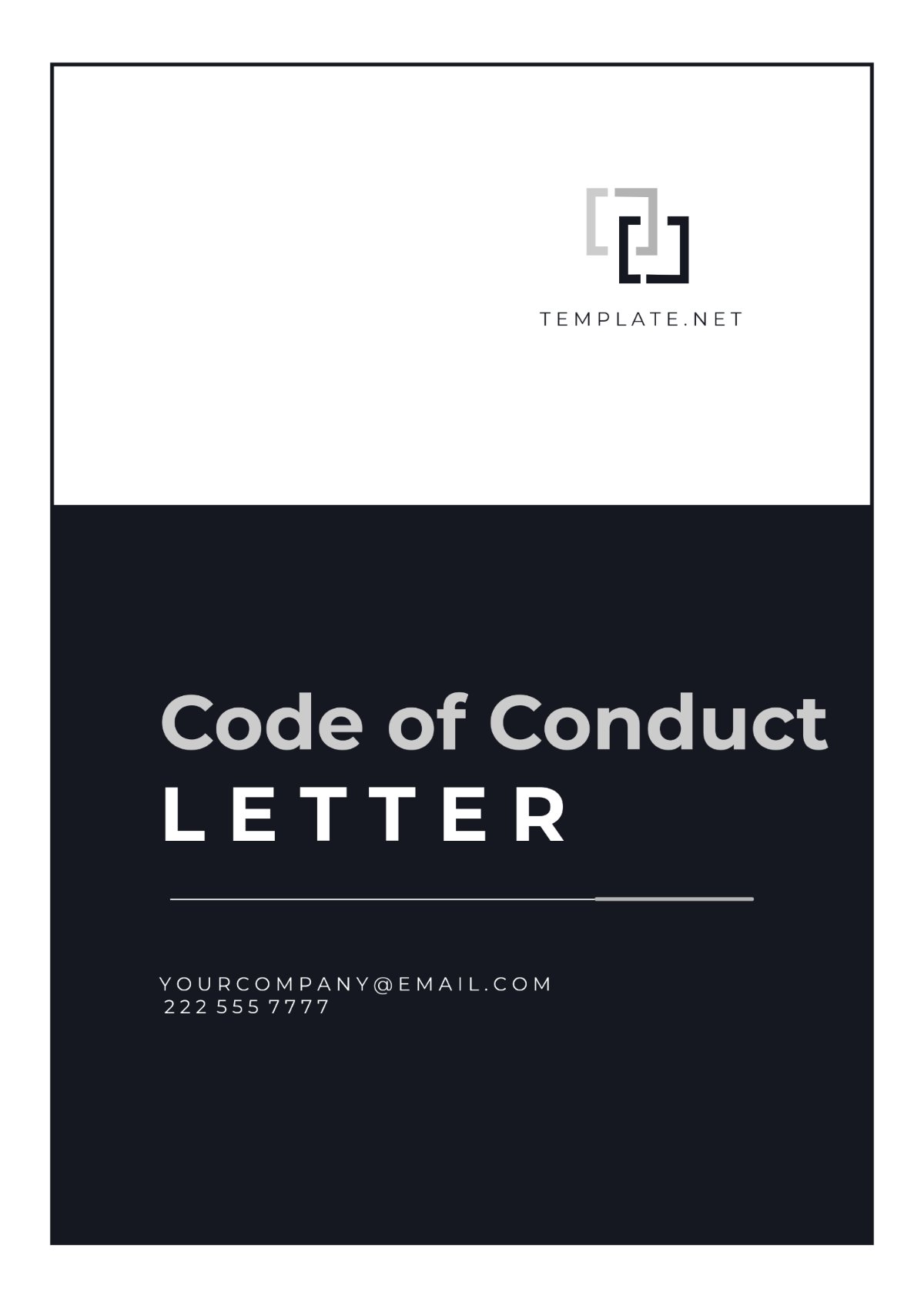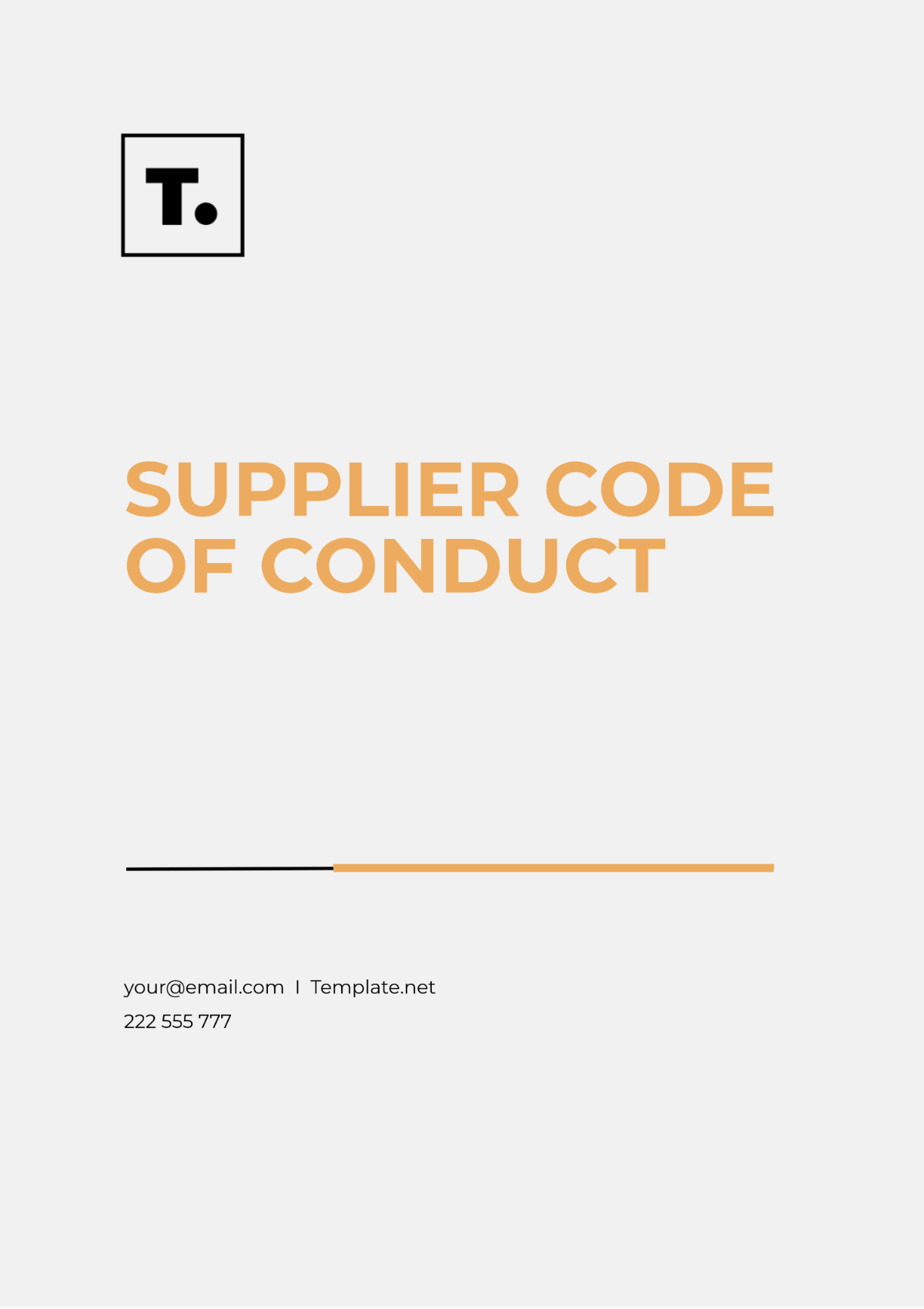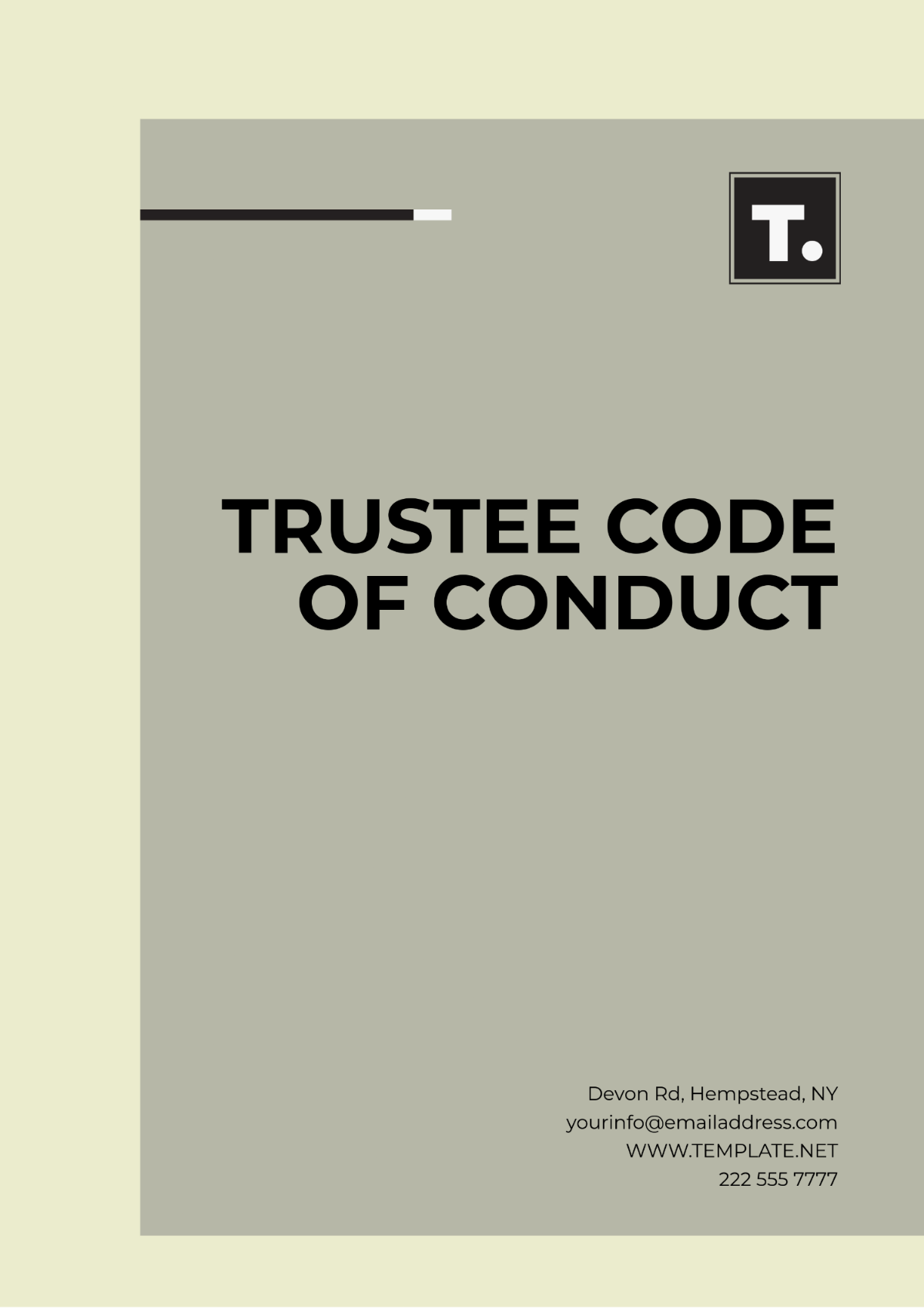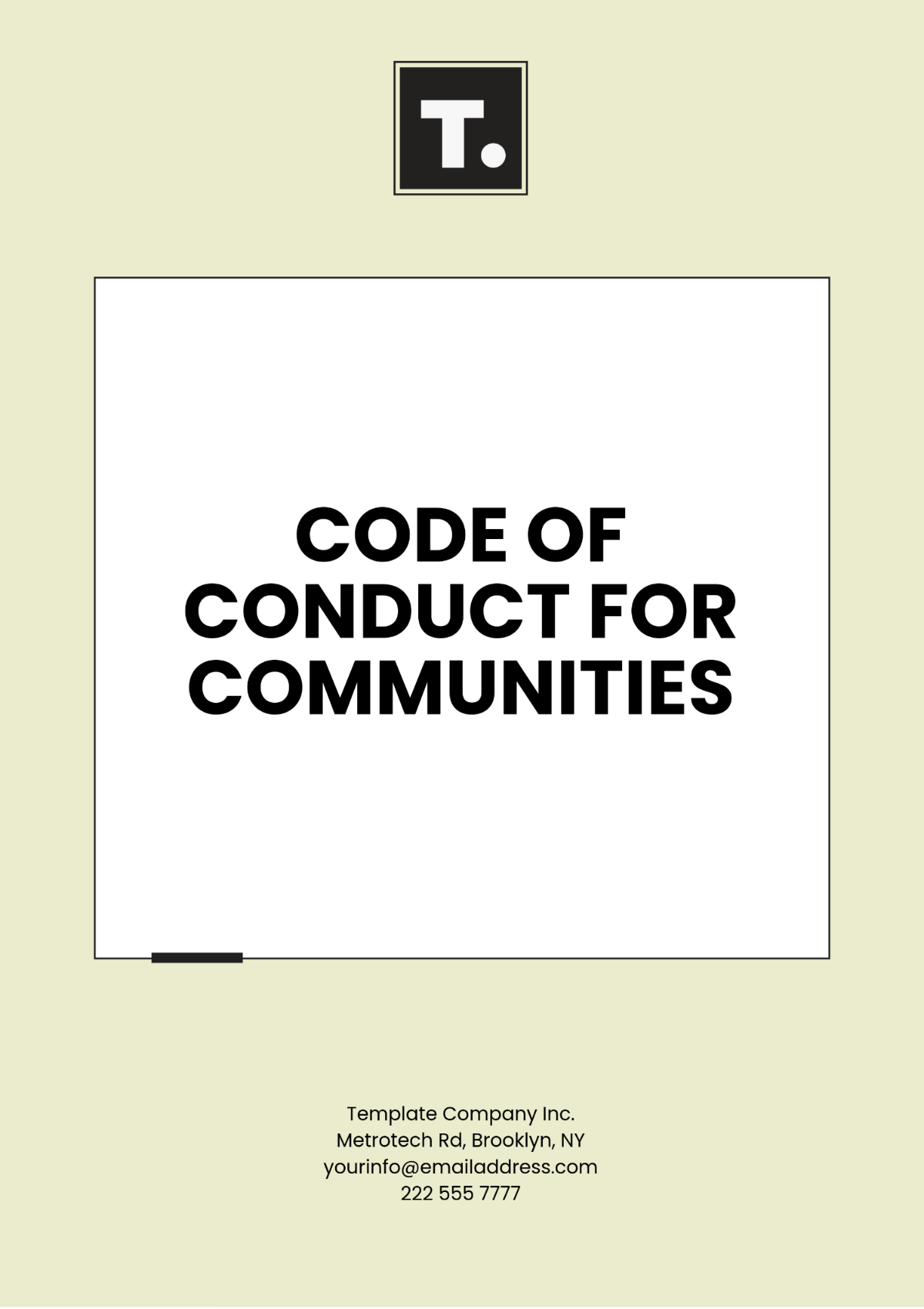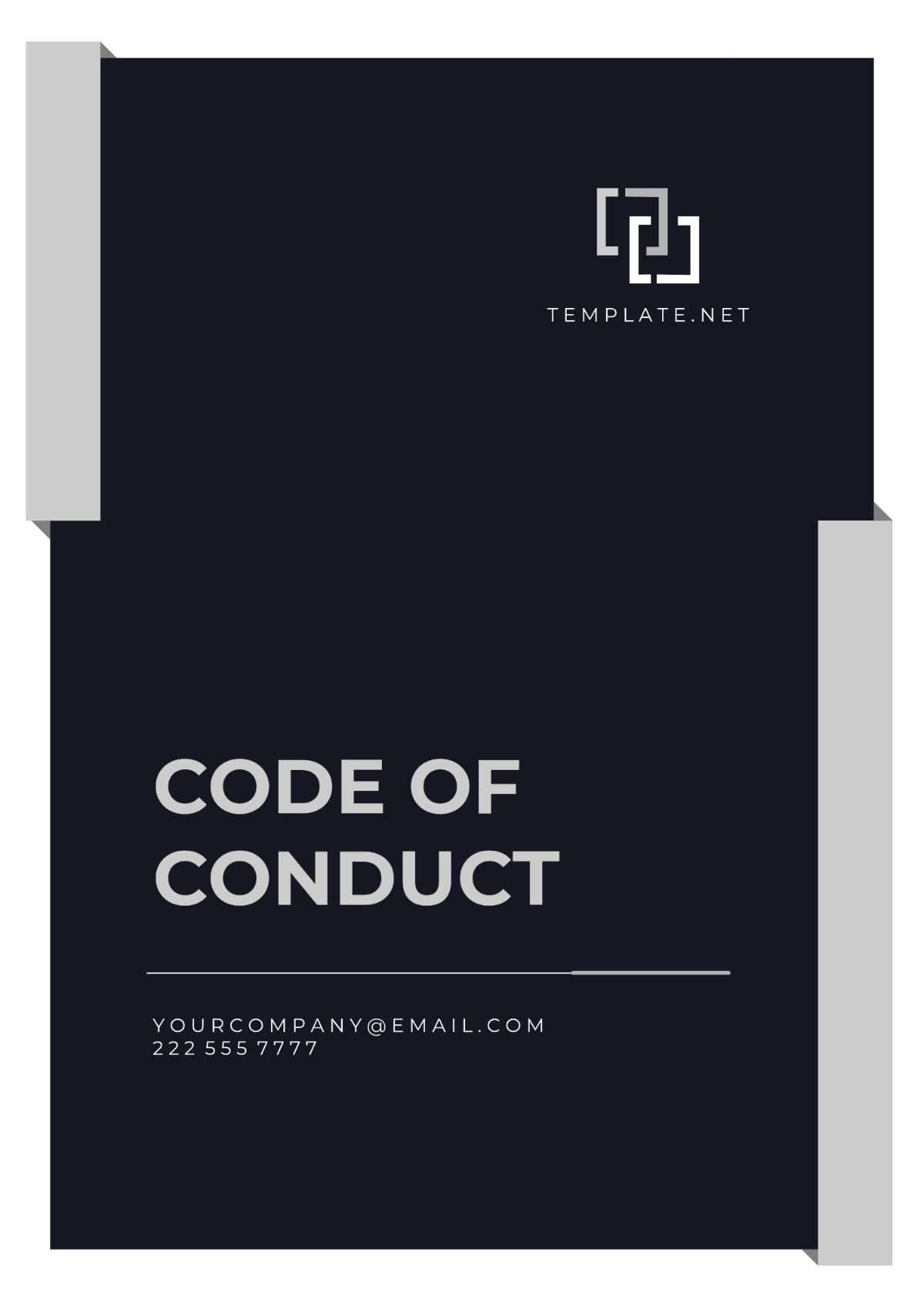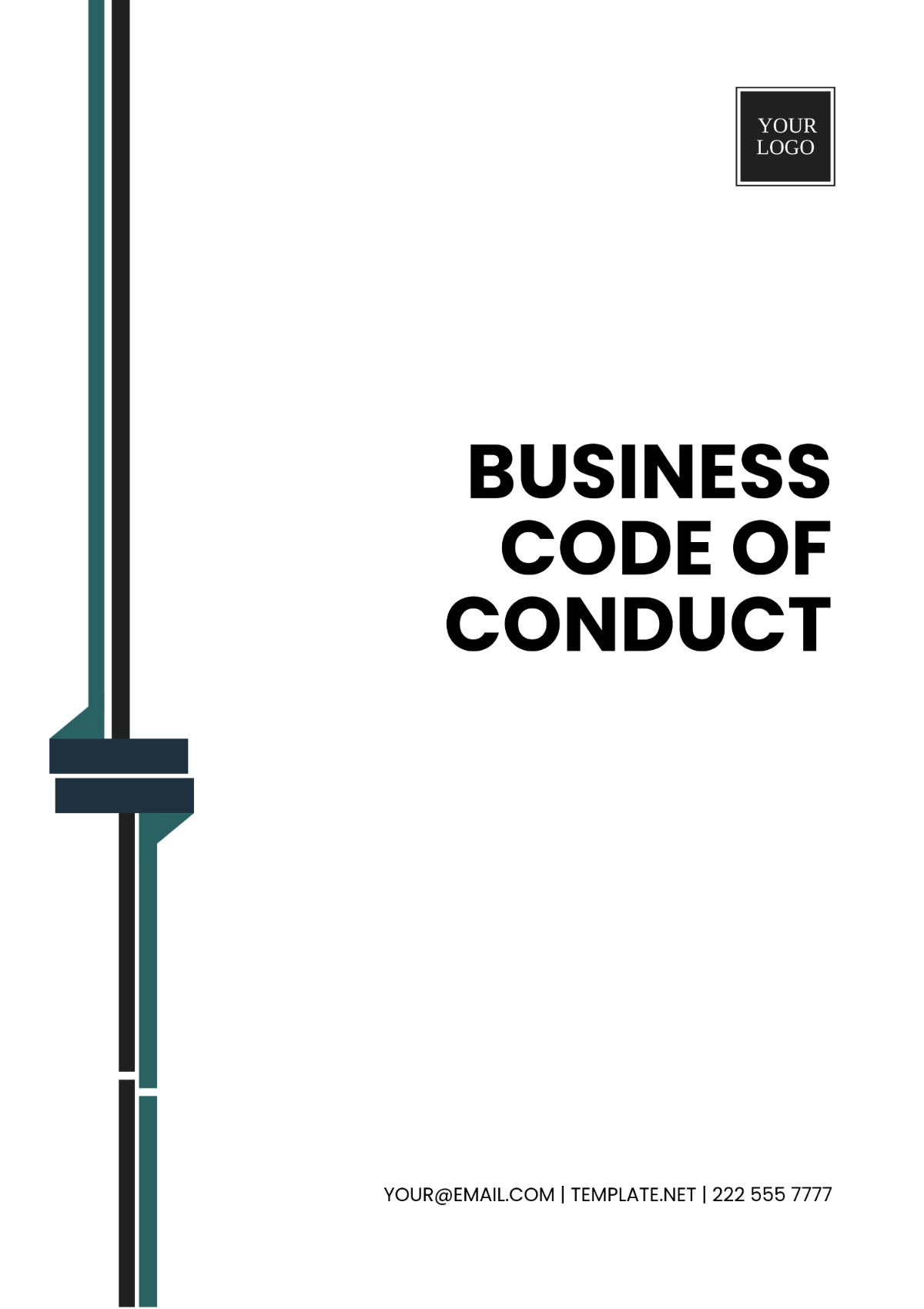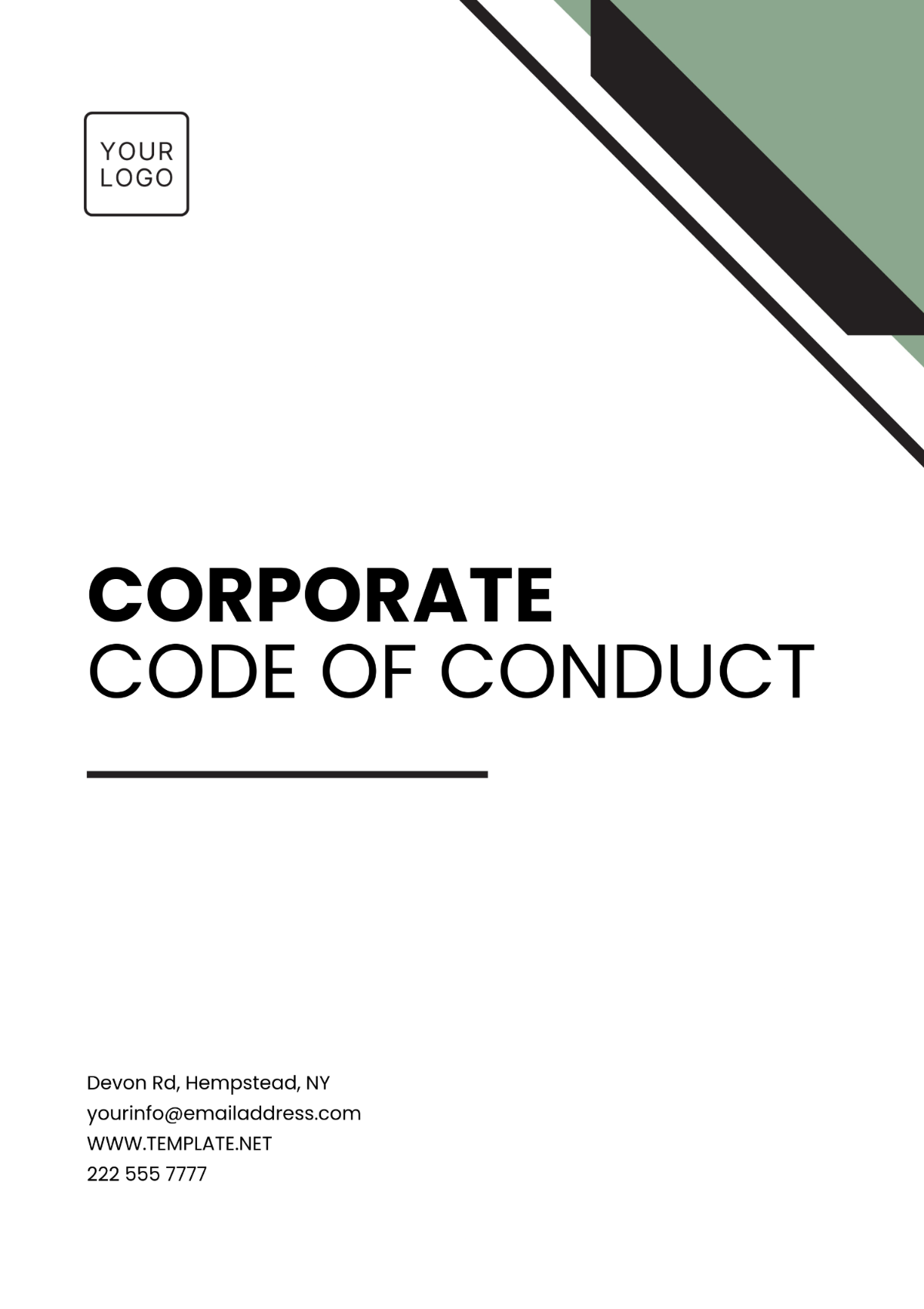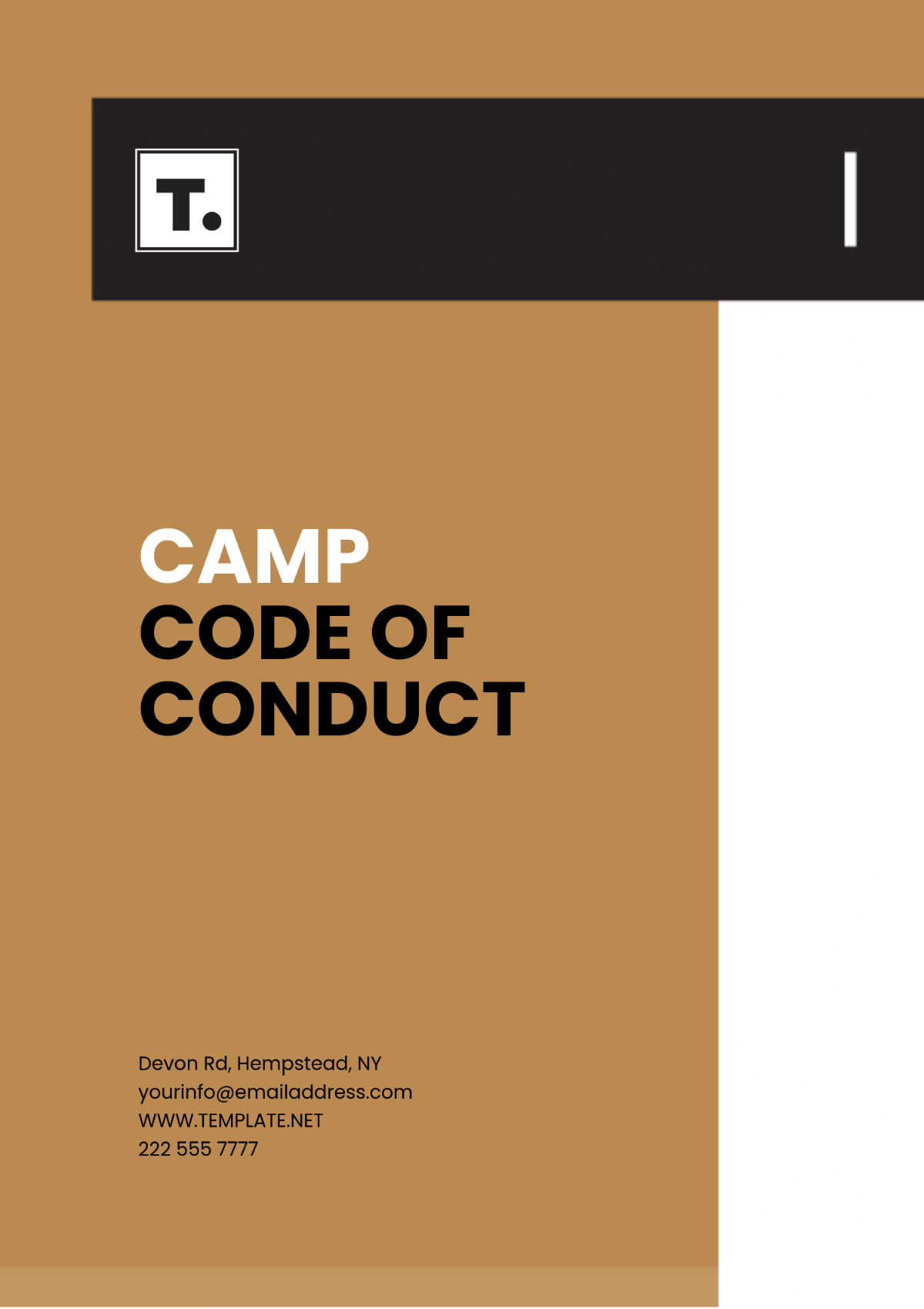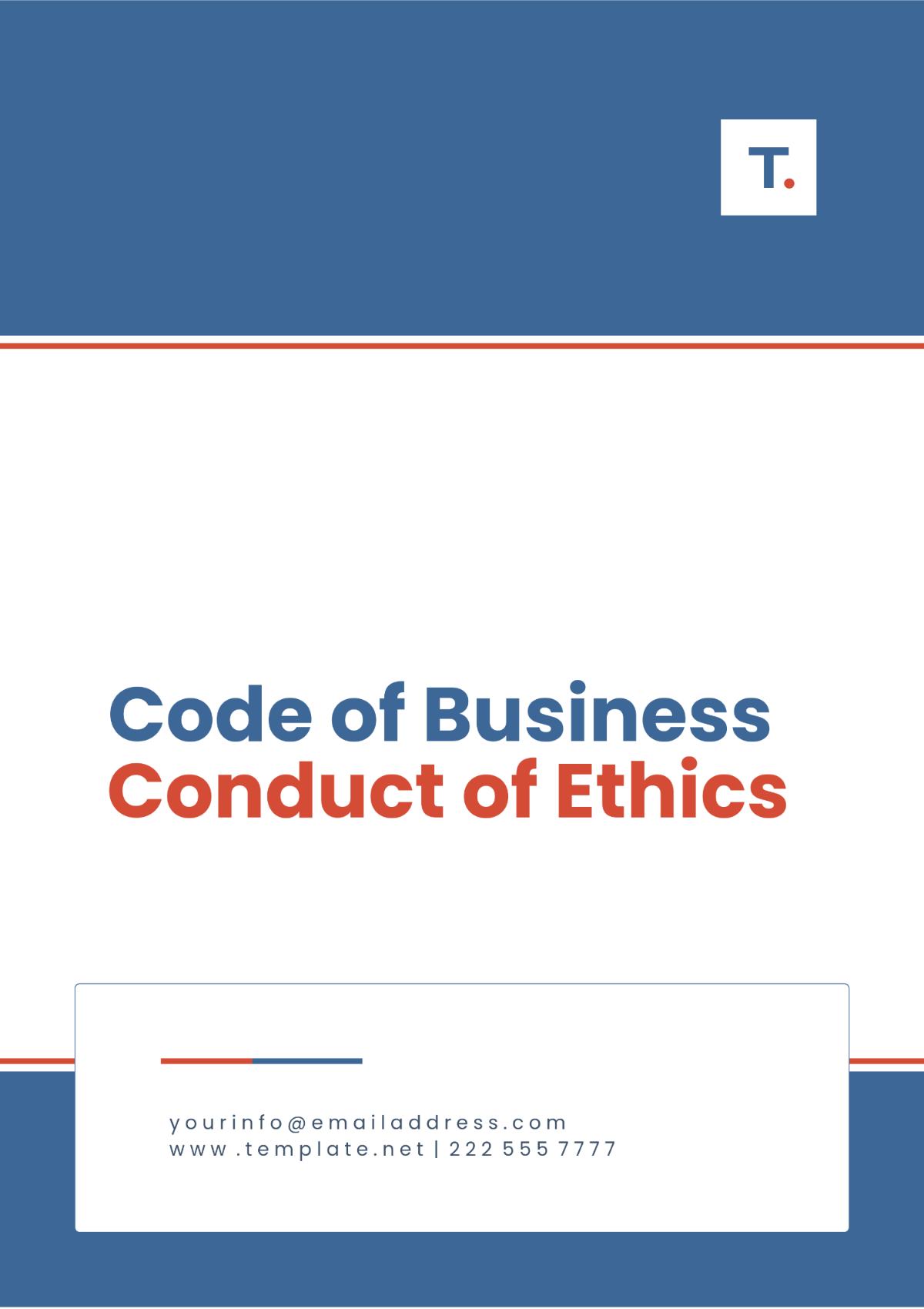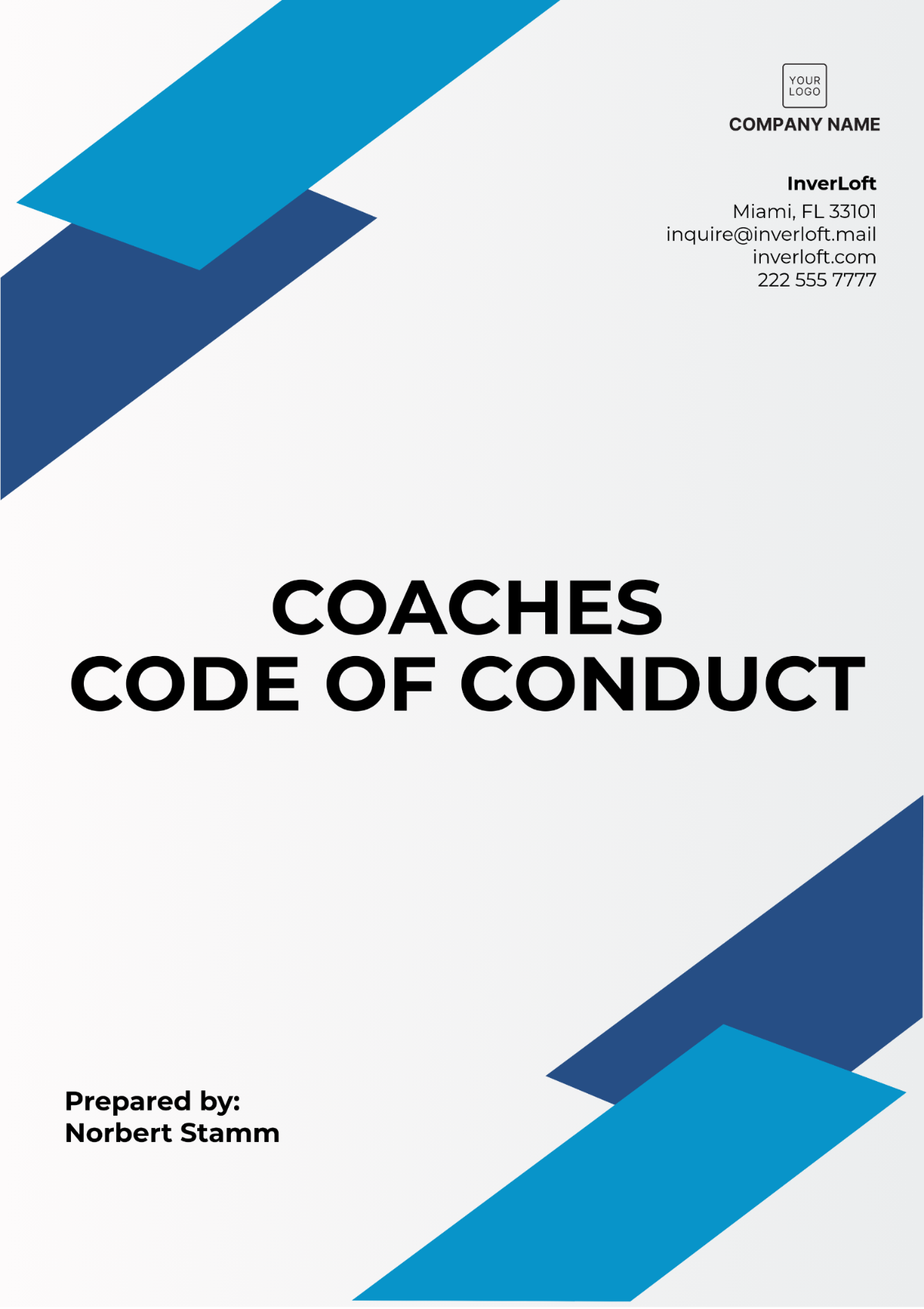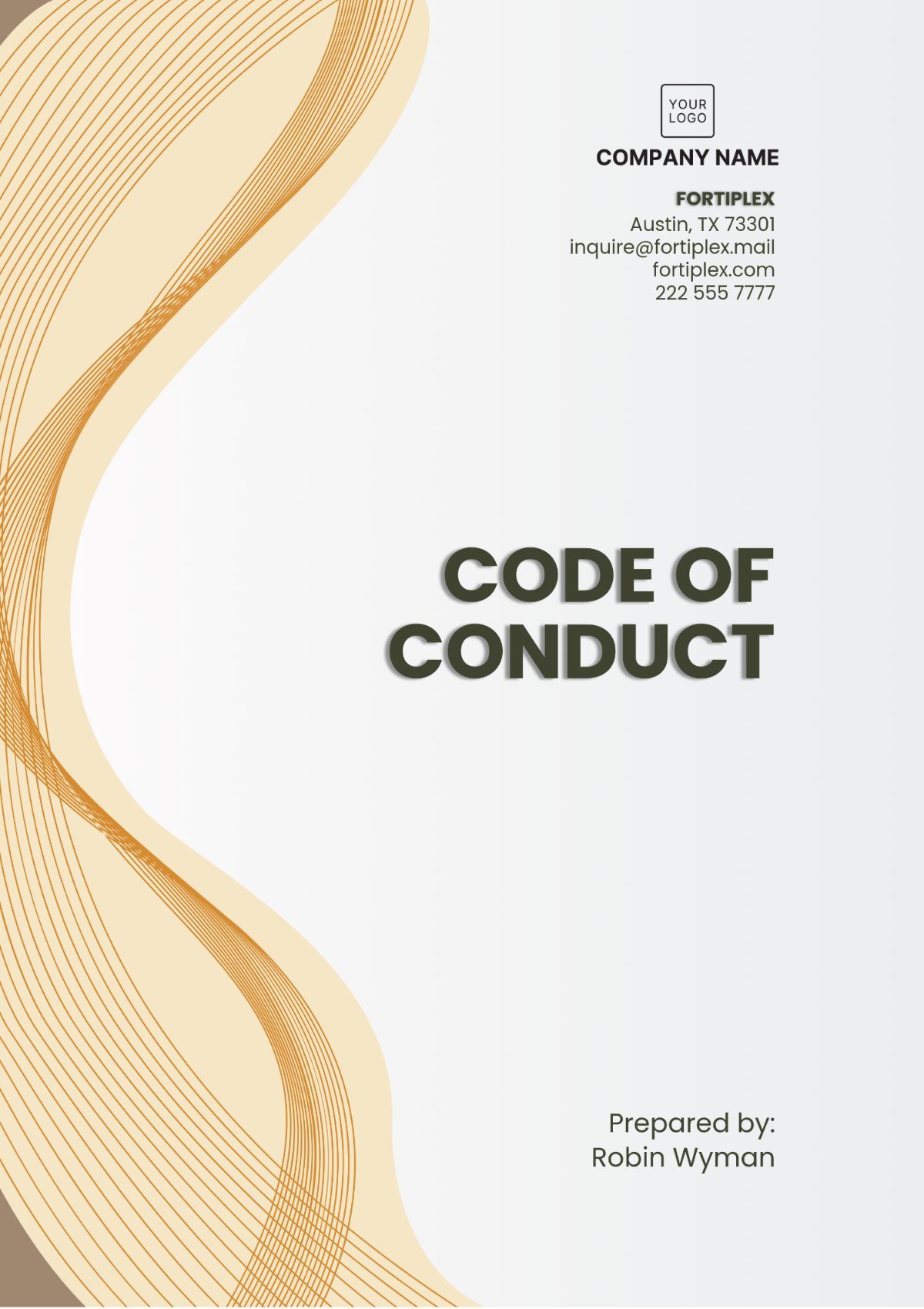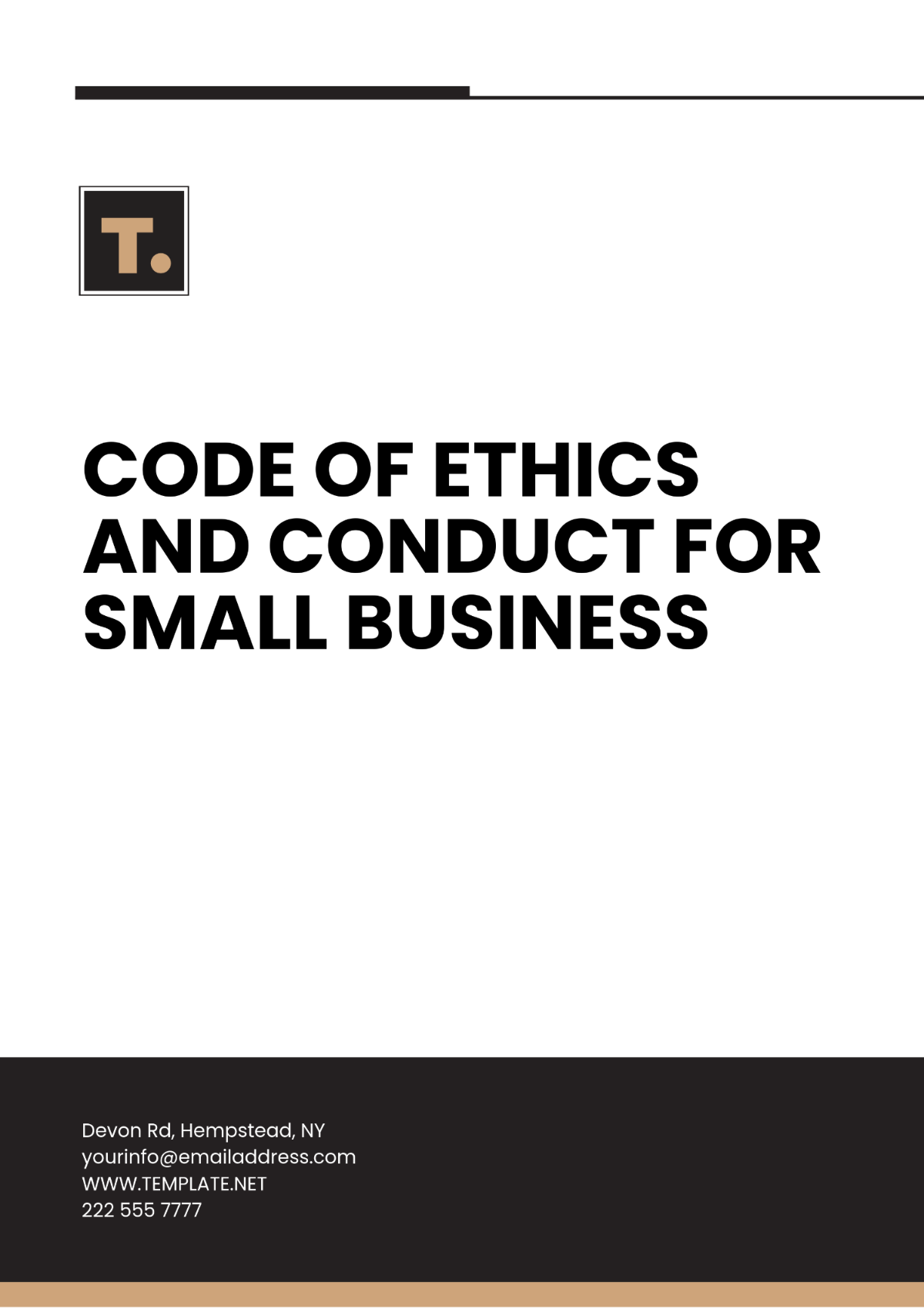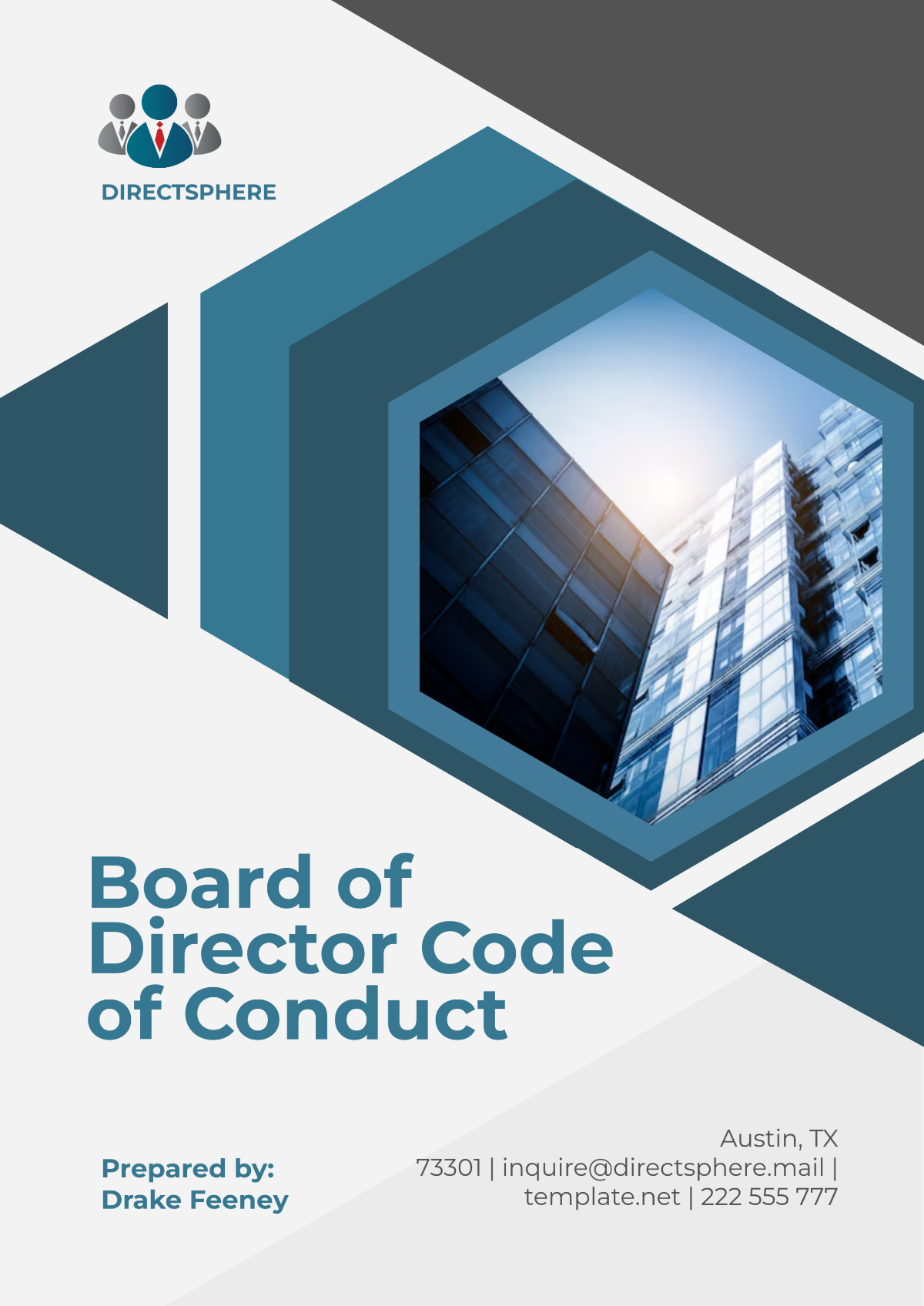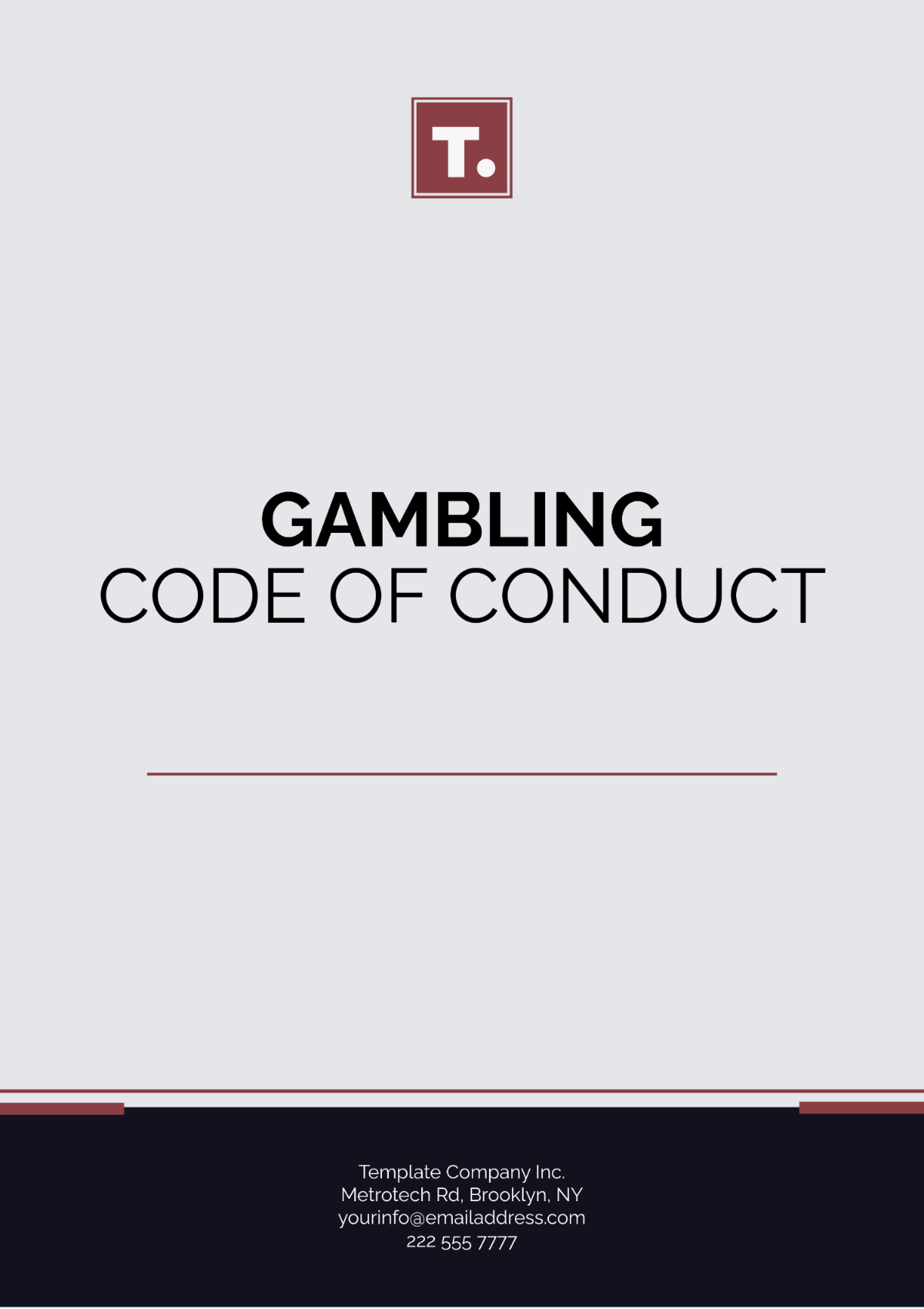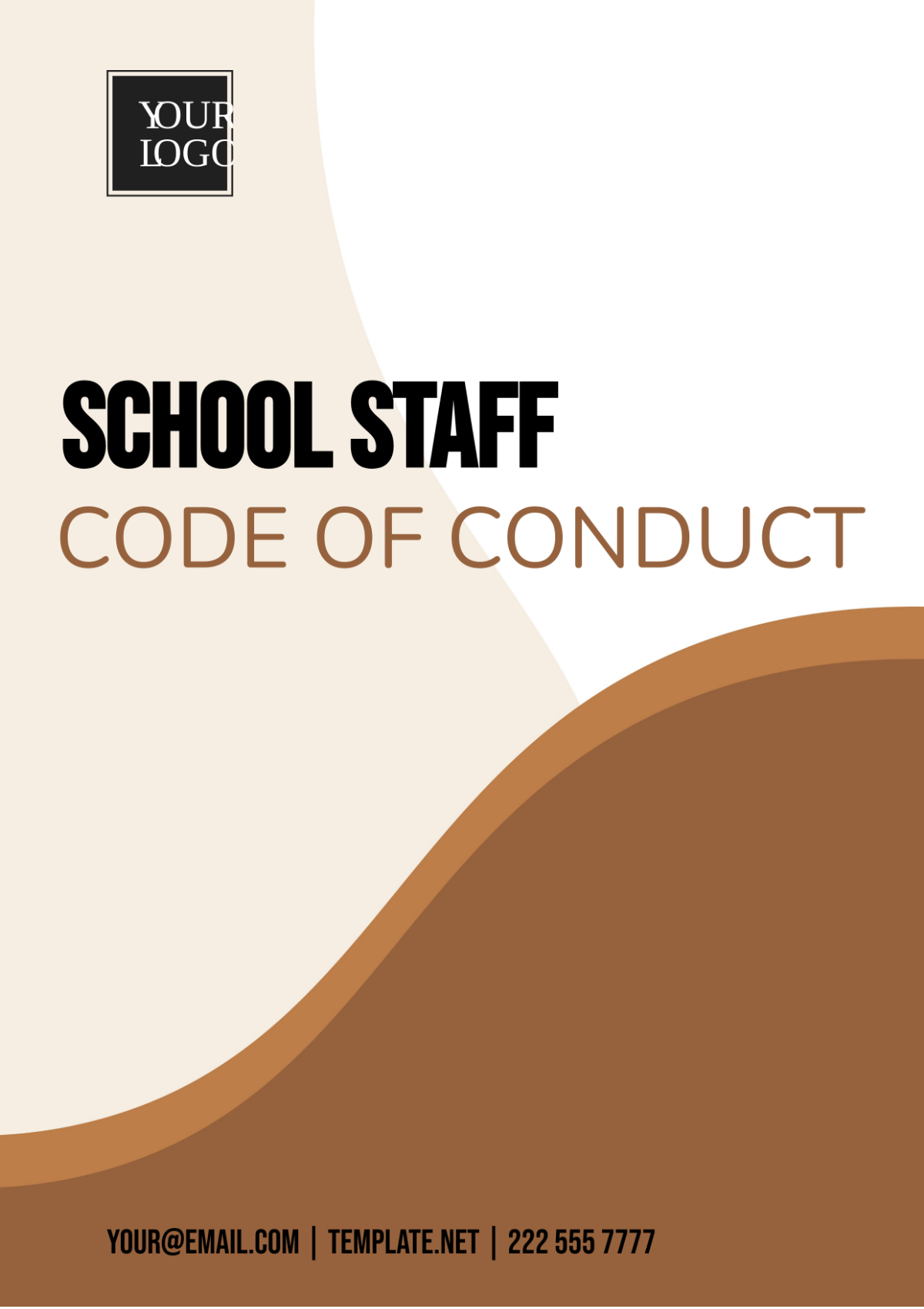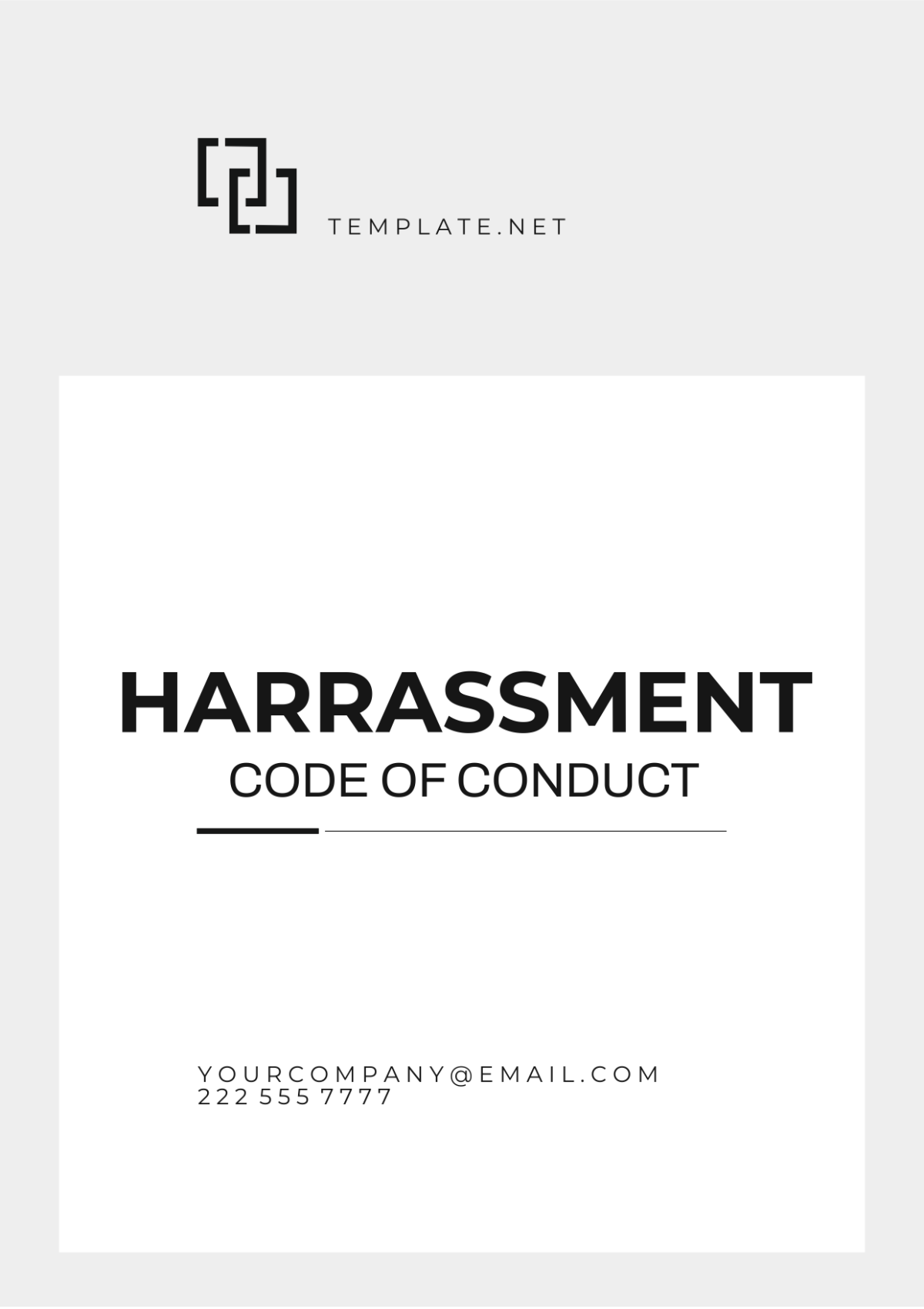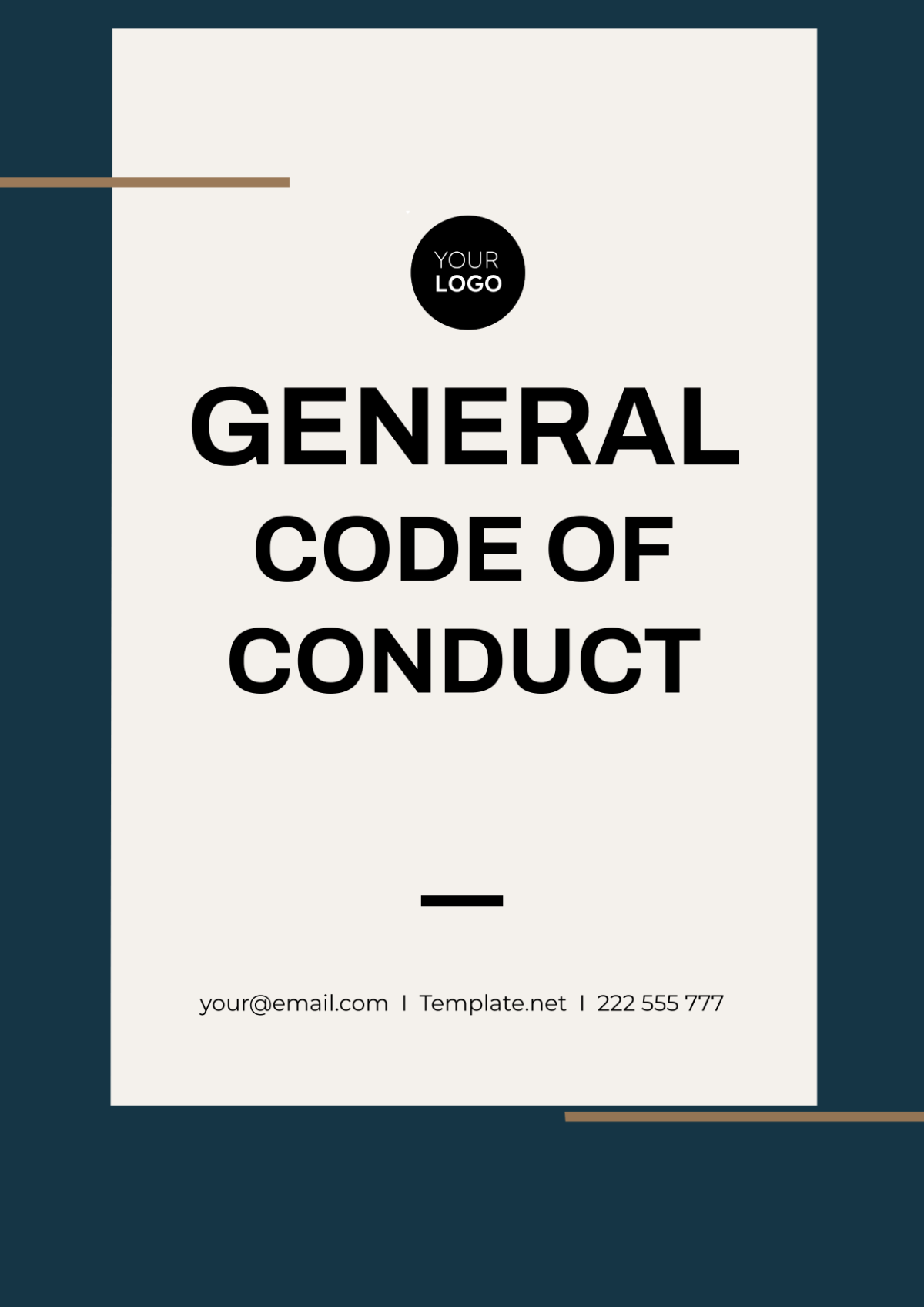Teachers Code of Conduct
I.Introduction
This Code of Conduct outlines the expected behavior and ethical standards for educators within a specific institution or educational setting. It serves as a guiding document to ensure professionalism, integrity, and accountability in all aspects of teaching and interaction with students, colleagues, and the community.
II. Professionalism and Integrity
A. Commitment to Excellence
Educators at [Your Institution Name] are committed to providing high-quality education and fostering a positive learning environment. They strive for excellence in all aspects of their work, including teaching, research, and professional development.
B. Ethical Conduct
Educators uphold the highest ethical standards and conduct themselves with honesty, fairness, and integrity in their interactions with students, colleagues, and the community. They adhere to all relevant laws, regulations, and institutional policies, avoiding conflicts of interest and maintaining confidentiality as appropriate.
C. Respect for Diversity
Educators respect the diverse backgrounds, perspectives, and identities of students, colleagues, and community members. They create an inclusive and welcoming environment where all individuals feel valued and supported, regardless of race, ethnicity, gender, sexual orientation, religion, disability, or other characteristics.
D. Professional Boundaries
Educators maintain appropriate professional boundaries with students, refraining from engaging in any behavior that could be perceived as harassment, discrimination, or exploitation. They establish clear expectations for interactions and communication channels, maintaining a respectful and professional demeanor at all times.
II. Teaching and Learning
A. Effective Instruction
Educators employ evidence-based teaching strategies and instructional methods to facilitate student learning and achievement. They create engaging and interactive learning experiences that promote critical thinking, creativity, and problem-solving skills.
B. Student Support
Educators provide guidance, mentorship, and support to students to help them succeed academically and personally. They are accessible and approachable, offering assistance and feedback in a timely and constructive manner.
C. Academic Integrity
Educators promote academic honesty and integrity among students, emphasizing the importance of citing sources, avoiding plagiarism, and upholding the principles of scholarship and intellectual property rights. They address instances of academic dishonesty with fairness and consistency, following institutional policies and procedures.
D. Continuous Improvement
Educators engage in ongoing professional development and reflective practice to enhance their teaching effectiveness and stay abreast of developments in their field. They seek feedback from students, colleagues, and mentors, and actively pursue opportunities for growth and learning.
III. Professional Relationships
A. Collegial Collaboration
Educators collaborate with colleagues in a spirit of cooperation and mutual respect, sharing ideas, resources, and best practices to enhance the quality of education and contribute to the success of the institution.
B. Communication and Transparency
Educators communicate openly and transparently with students, colleagues, and administrators, sharing information and updates in a timely and effective manner. They listen actively, consider diverse perspectives, and seek consensus whenever possible.
C. Conflict Resolution:
Educators address conflicts and disagreements constructively, seeking resolution through dialogue, mediation, or other appropriate channels. They strive to maintain positive and productive relationships, even in challenging situations, and uphold the values of respect, empathy, and professionalism.
D. Professional Conduct:
Educators conduct themselves professionally in all interactions with students, colleagues, and members of the community, demonstrating courtesy, civility, and empathy. They refrain from engaging in behavior that could undermine trust or damage the reputation of the institution, recognizing their role as ambassadors for [Your Institution Name].
IV. Responsibilities and Obligations
A. Duty of Care
Educators must prioritize the well-being and safety of students, providing a supportive and nurturing environment conducive to learning. They take reasonable steps to protect students from harm and respond promptly and effectively to any concerns or incidents that may arise.
B. Professional Development
Educators are responsible for maintaining and enhancing their professional competence and expertise through ongoing learning and professional development activities. They stay informed about current trends, research findings, and best practices in their field, applying this knowledge to improve their teaching and support services.
C. Compliance with Policies and Regulations
Educators comply with all relevant institutional policies, procedures, and regulations, including those related to academic integrity, student conduct, and ethical standards. They familiarize themselves with these policies and ensure their actions align with institutional values and expectations.
D. Role Modeling
Educators serve as role models for students, embodying the values of scholarship, integrity, and ethical conduct. They demonstrate professionalism, respect, and integrity in their interactions with students and colleagues, inspiring others to uphold these same standards.
V. Enforcement and Accountability
A. Reporting Violations:
Educators are obligated to report any violations of this Code of Conduct or other institutional policies to the appropriate authorities, such as supervisors, administrators, or human resources personnel. They take allegations of misconduct seriously and cooperate fully in any investigations or disciplinary proceedings.
B. Fair and Impartial Enforcement
Violations of this Code of Conduct are subject to investigation and disciplinary action, as outlined in institutional policies and procedures. Educators involved in the enforcement process must act with fairness, impartiality, and respect for due process rights, ensuring that all parties are treated equitably and allowed to present their cases.
C. Support and Remediation
In cases where educators are found to have violated this Code of Conduct, the institution may provide support, counseling, or remediation to help them understand and address their behavior. The goal is to promote awareness, accountability, and positive behavioral change, while also ensuring the safety and well-being of students and the integrity of the educational environment.
D. Continuous Review and Improvement
This Code of Conduct is subject to periodic review and revision to ensure its effectiveness and relevance in addressing emerging challenges and evolving standards of professional conduct. Educators are encouraged to provide feedback and suggestions for improvement, contributing to the ongoing enhancement of ethical practices within the institution.
VI. Community Engagement and Service
A. Community Outreach
Educators actively engage with the broader community, collaborating with local organizations, businesses, and stakeholders to enhance educational opportunities and address community needs. They serve as advocates for education and contribute their expertise and resources to support initiatives that promote social justice, equity, and inclusion.
B. Volunteerism and Service
Educators participate in volunteer activities and service projects that benefit the community and demonstrate a commitment to social responsibility. They encourage students to get involved in service-learning opportunities and model the importance of giving back to society.
C. Public Representation
Educators represent [Your Institution Name] with professionalism and integrity in all public forums and interactions, including conferences, media appearances, and community events. They communicate the institution's mission, values, and achievements accurately and effectively, while also respecting the privacy and confidentiality of students and colleagues.
D. Civic Engagement
Educators encourage students to become active and informed citizens, participating in civic activities and democratic processes that contribute to the betterment of society. They foster critical thinking, civic responsibility, and ethical leadership skills, preparing students to make positive contributions to their communities and the world.
VII. Conclusion
The Code of Conduct for Educators at [Your Institution Name] reflects our shared commitment to excellence, integrity, and service in the pursuit of educational excellence. By upholding these principles and standards, we contribute to a positive and inclusive learning environment where all individuals can thrive and reach their full potential. Together, we strive to create a community of learners characterized by mutual respect, collaboration, and ethical conduct, inspiring future generations to make a difference in the world.
